Tech Articles
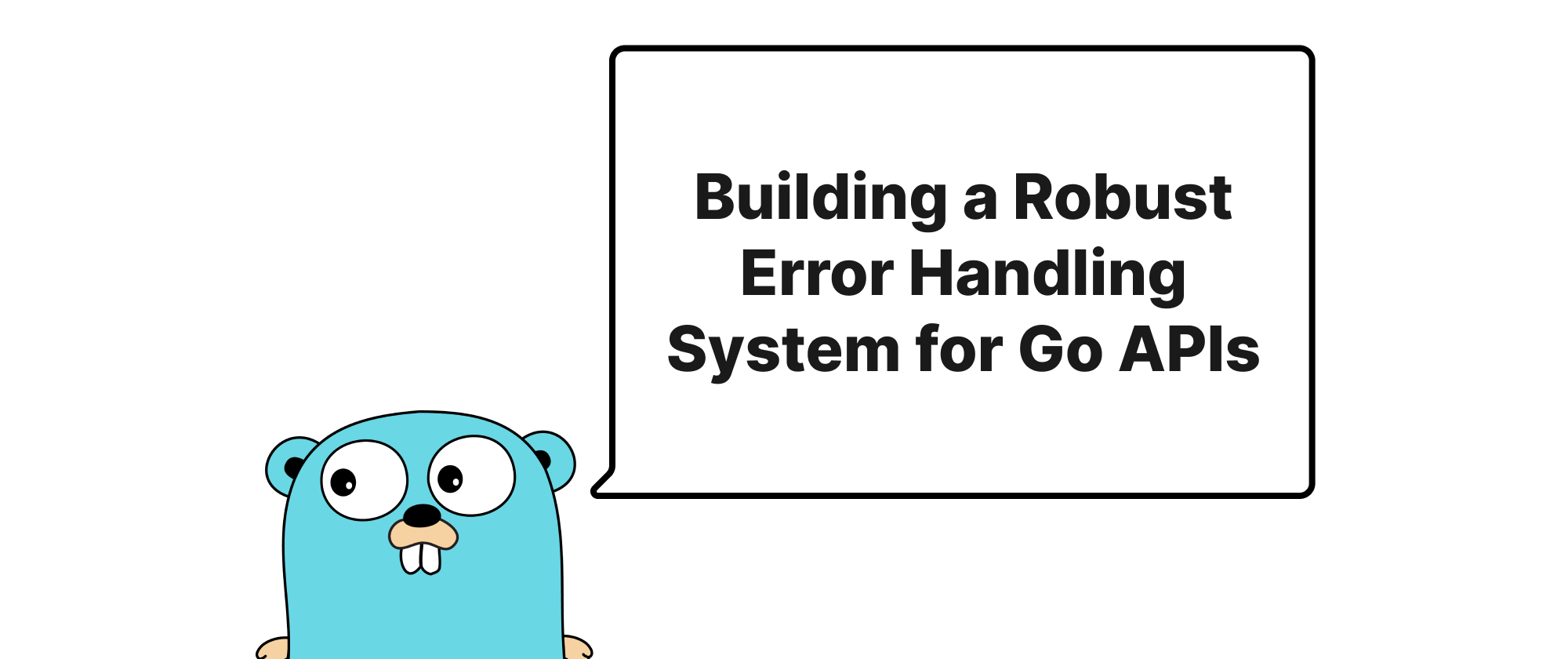
Building a Robust Error Handling System for Go APIs
This article explores building a structured error handling system in Go for API responses and logging, emphasizing clarity and maintainability.

Unraveling Qwik's Resumability to Eliminate Hydration Overhead
Explore how Qwik's innovative resumability model revolutionizes web development by effectively bypassing hydration costs, enhancing performance, and streamlining user experiences.
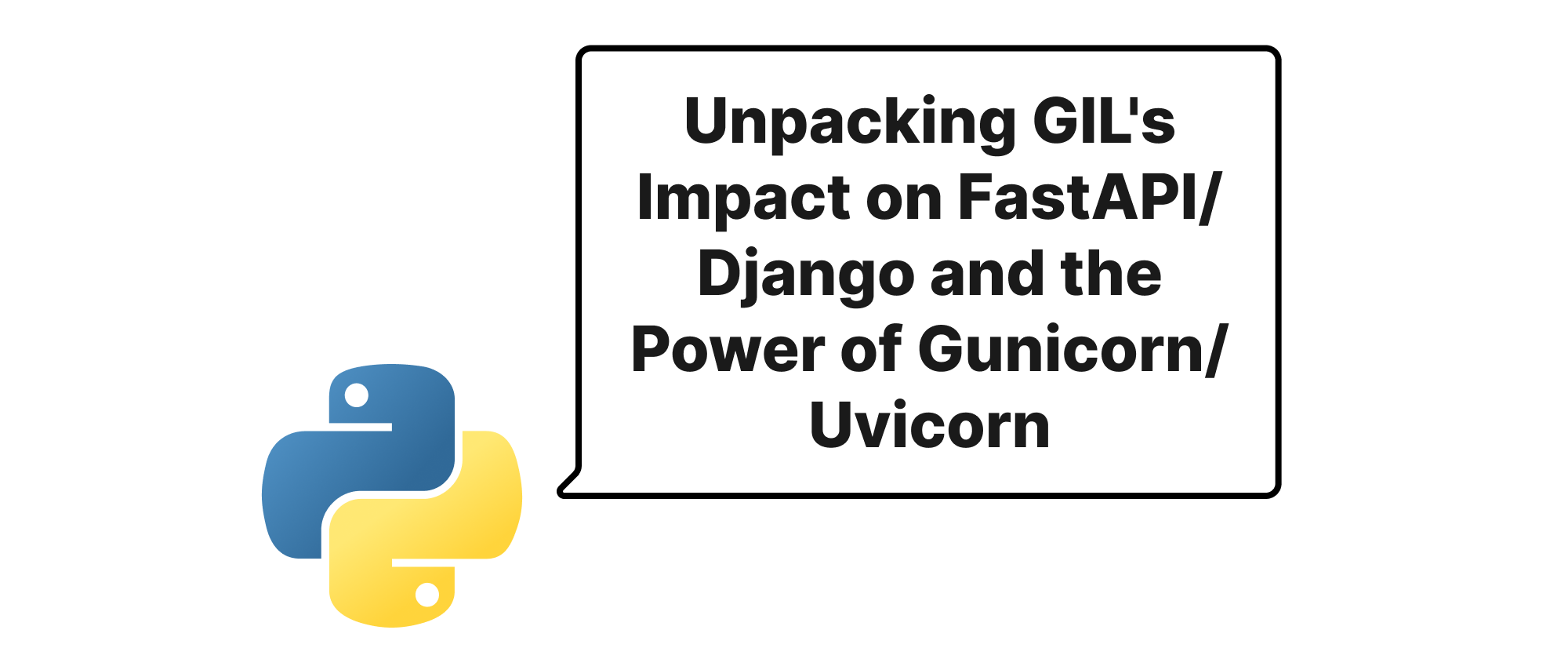
Unpacking GIL's Impact on FastAPI/Django and the Power of Gunicorn/Uvicorn
This article delves into the common misconception about Python's Global Interpreter Lock (GIL) hindering FastAPI/Django performance, and demystifies how Gunicorn and Uvicorn's multi-process models overcome these limitations for highly concurrent web applications.
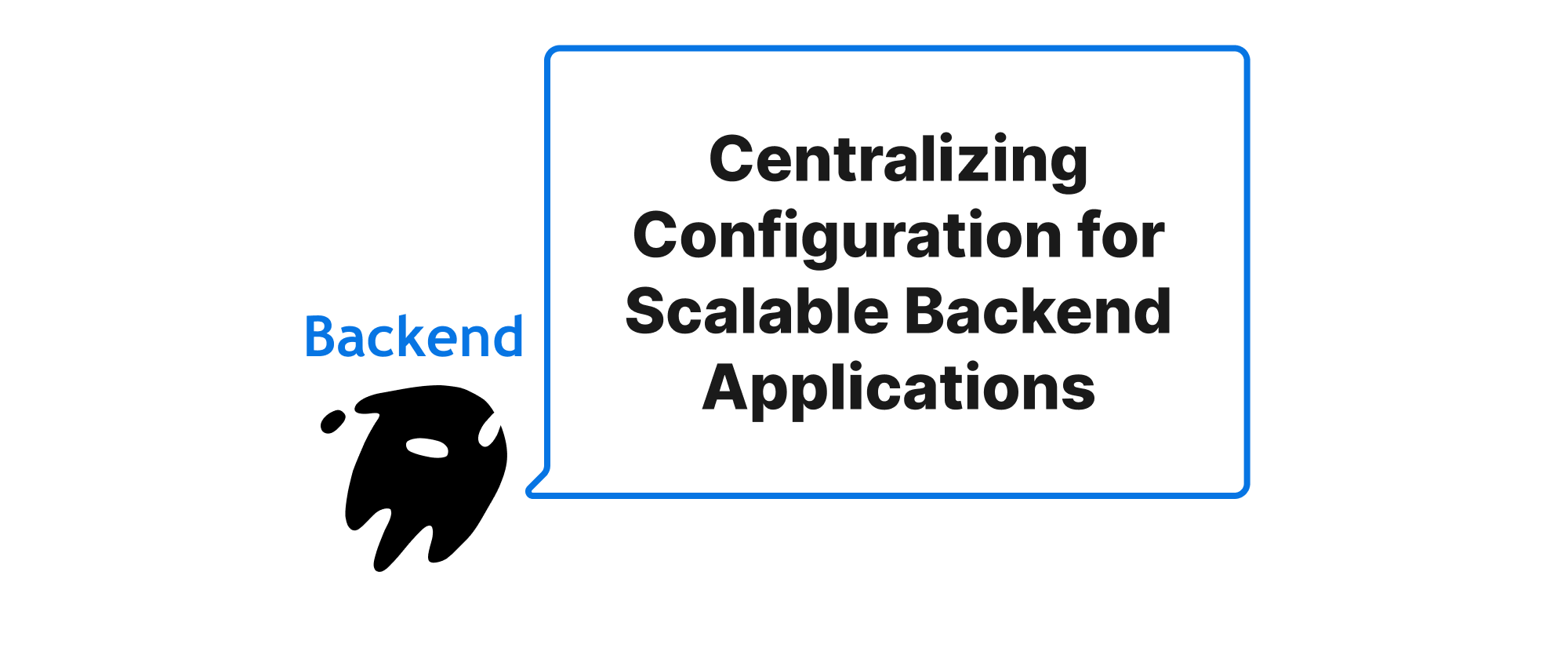
Centralizing Configuration for Scalable Backend Applications
Explore the benefits and implementation of separating application configurations from code and environment variables, using a centralized configuration management system for dynamic updates and enhanced scalability.
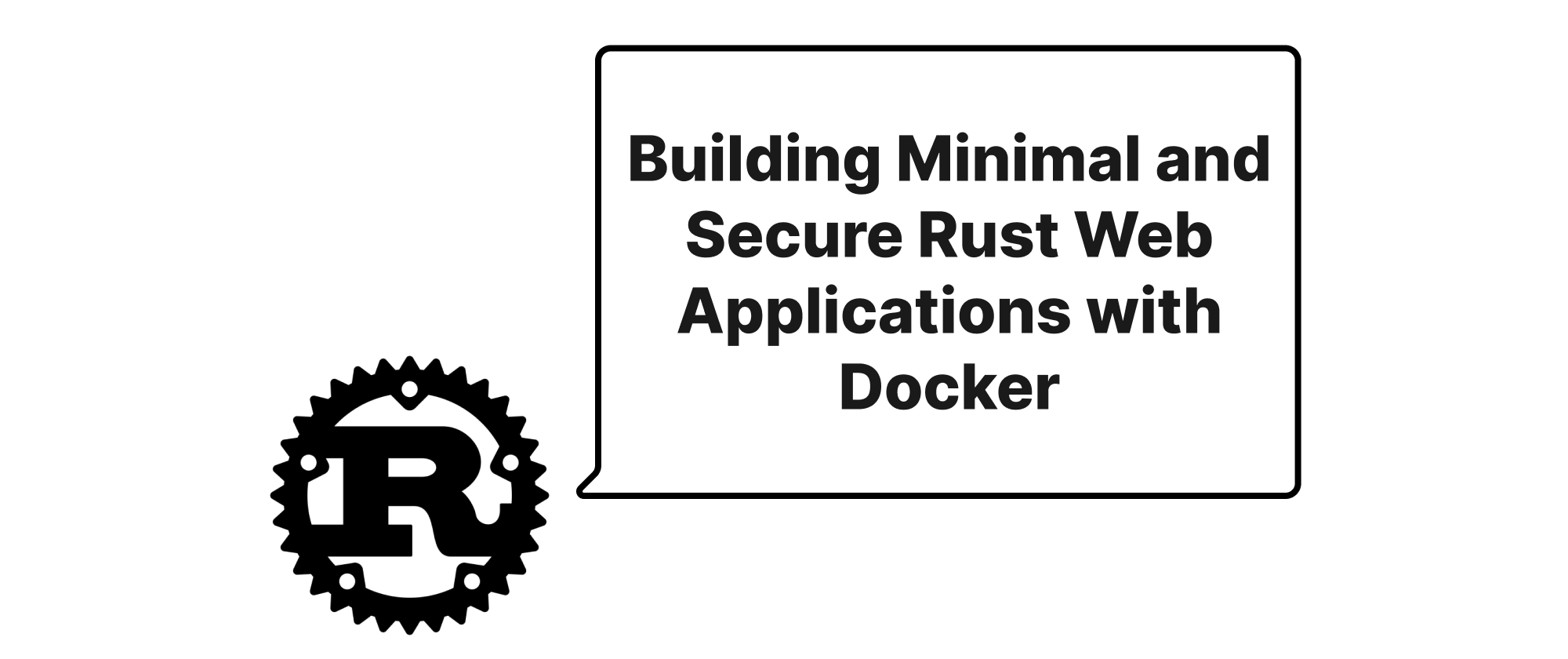
Building Minimal and Secure Rust Web Applications with Docker
Explore how Distroless and multi-stage Docker builds can significantly reduce image size and enhance the security of Rust web applications, providing practical examples and best practices.

Goose vs. GORM Migrations - Choosing the Right Database Migration Tool for Your Go Project
This article explores the strengths and weaknesses of Goose and GORM Migrations, helping Go developers select the ideal tool for managing database schema changes in their projects.
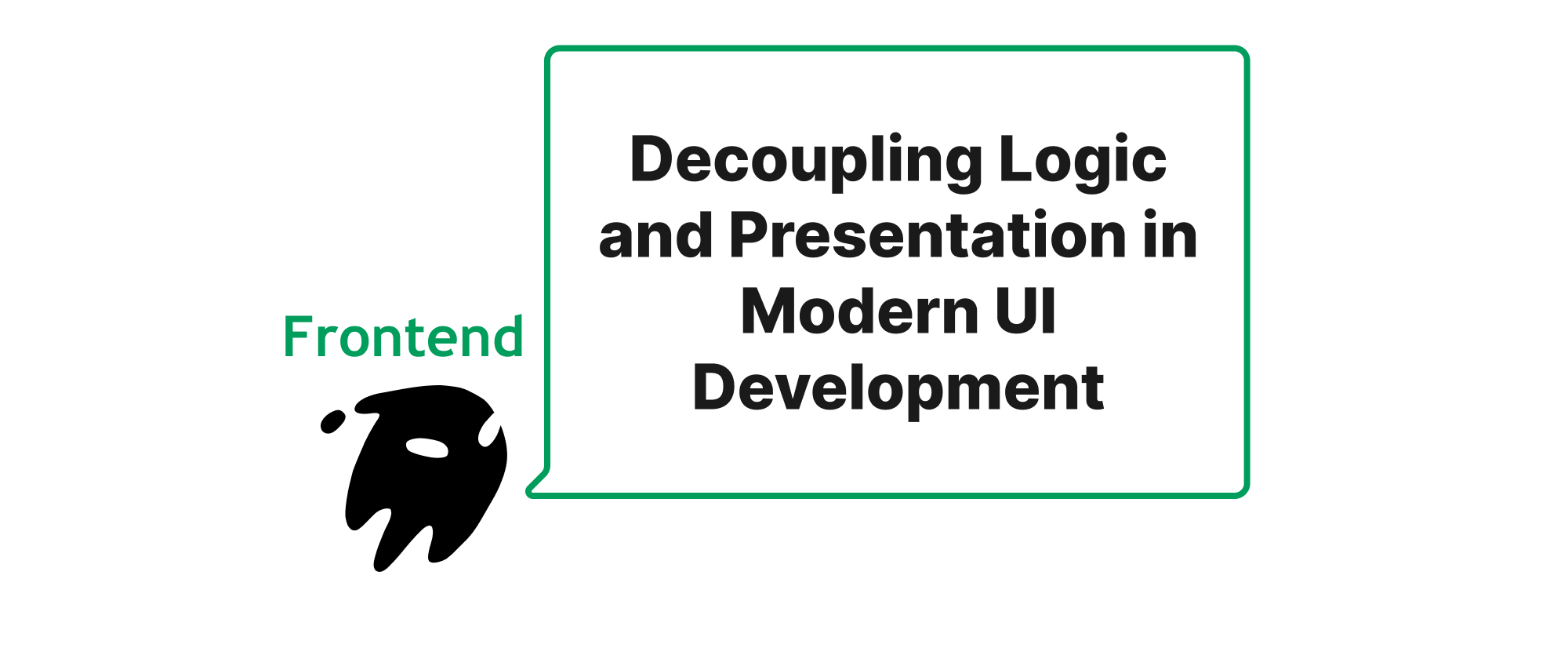
Decoupling Logic and Presentation in Modern UI Development
Explore the design philosophy behind Radix UI, Headless UI, and TanStack Table, focusing on how they separate logic from view to foster flexibility and maintainability in frontend development.
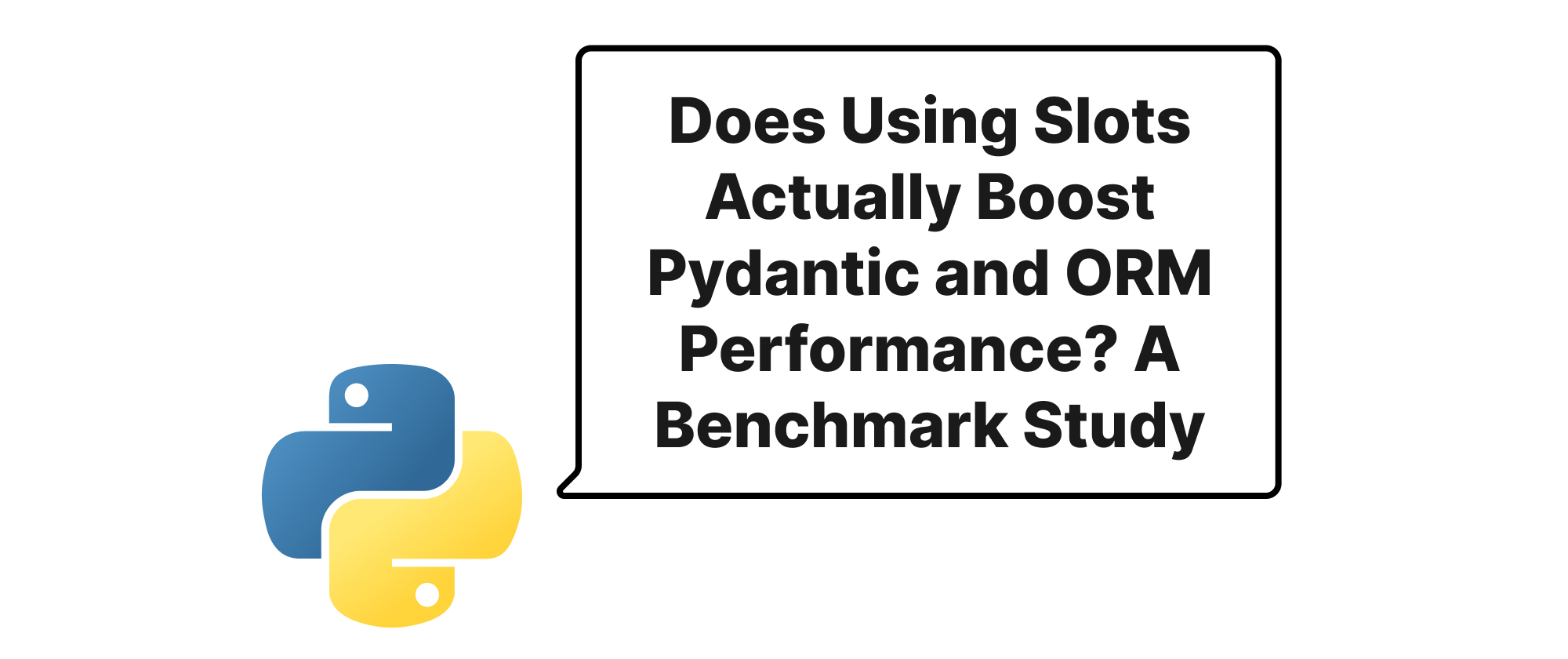
Does Using Slots Actually Boost Pydantic and ORM Performance? A Benchmark Study
This article investigates the impact of Python's `__slots__` on Pydantic models and ORM objects, using benchmarks to determine if it truly offers memory and performance optimizations.
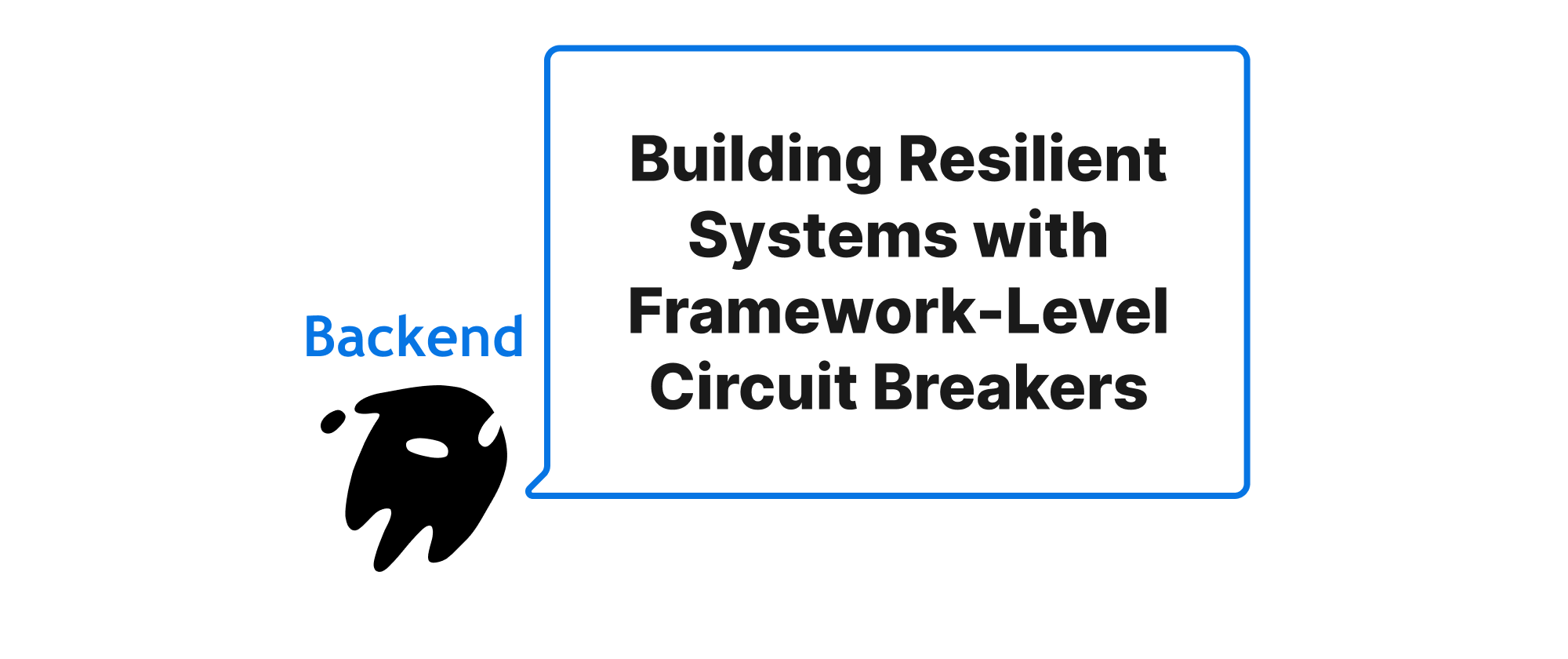
Building Resilient Systems with Framework-Level Circuit Breakers
Explore how to implement circuit breaker patterns at the framework level to prevent cascading failures in backend services, enhancing system reliability and stability.
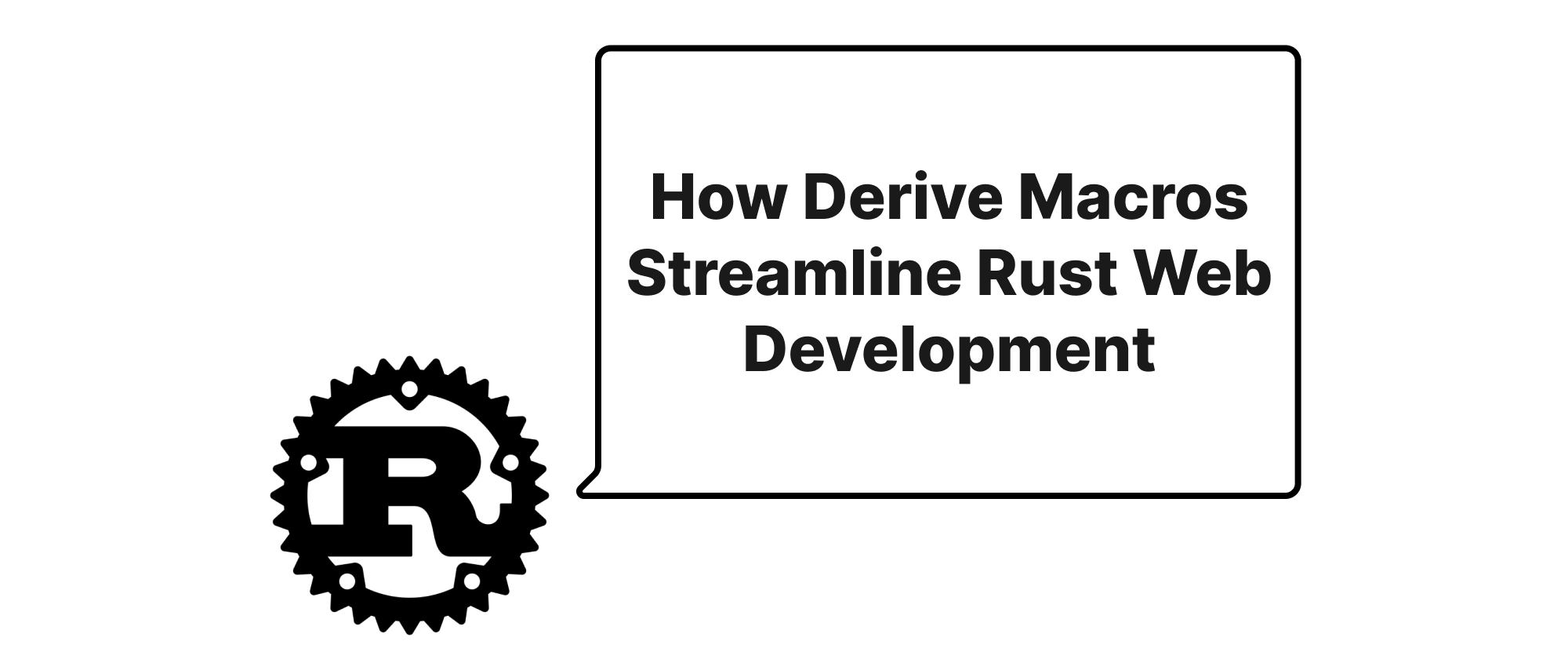
How Derive Macros Streamline Rust Web Development
Explore how Rust's derive macros, particularly for Serialize and FromRow, simplify common tasks in web development by automating boilerplate code generation and enhancing developer productivity.
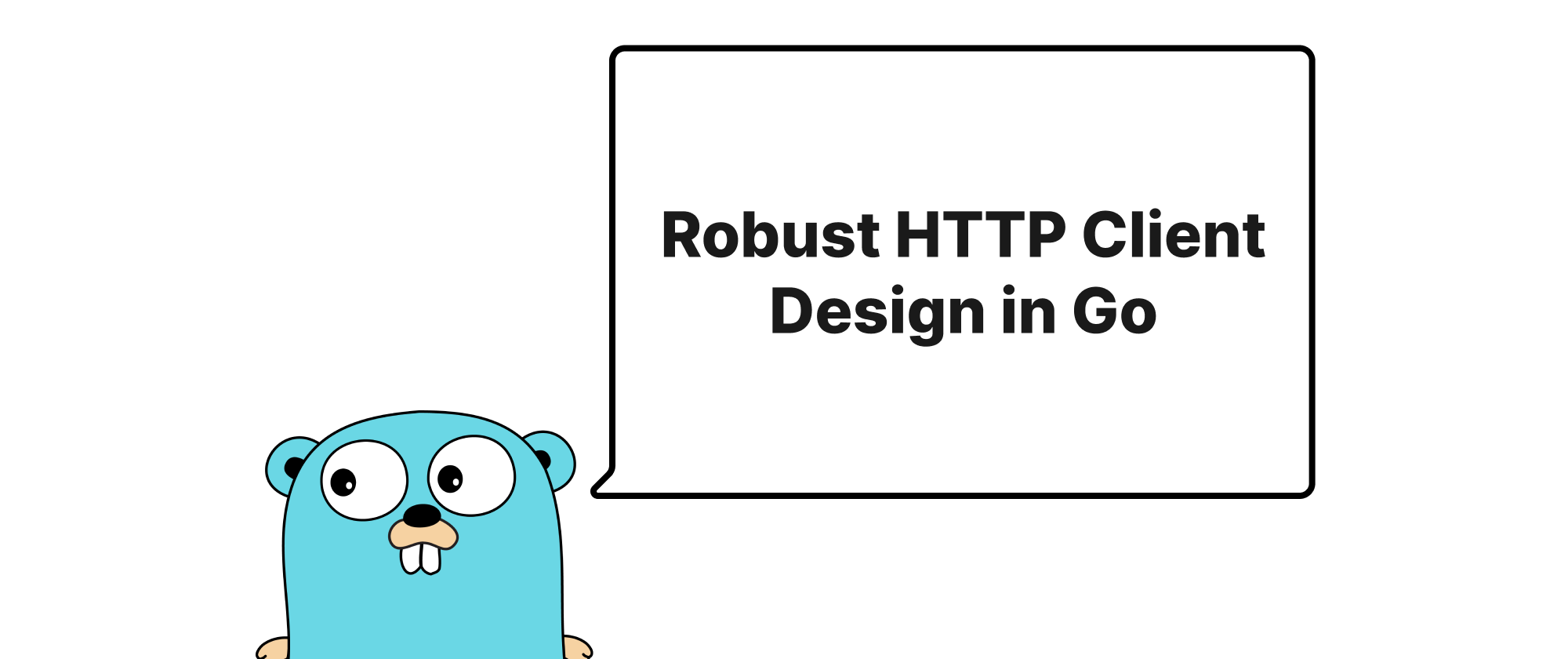
Robust HTTP Client Design in Go
Enhancing Go's http.Client with Retries, Timeouts, and Circuit Breakers for production-grade reliability.
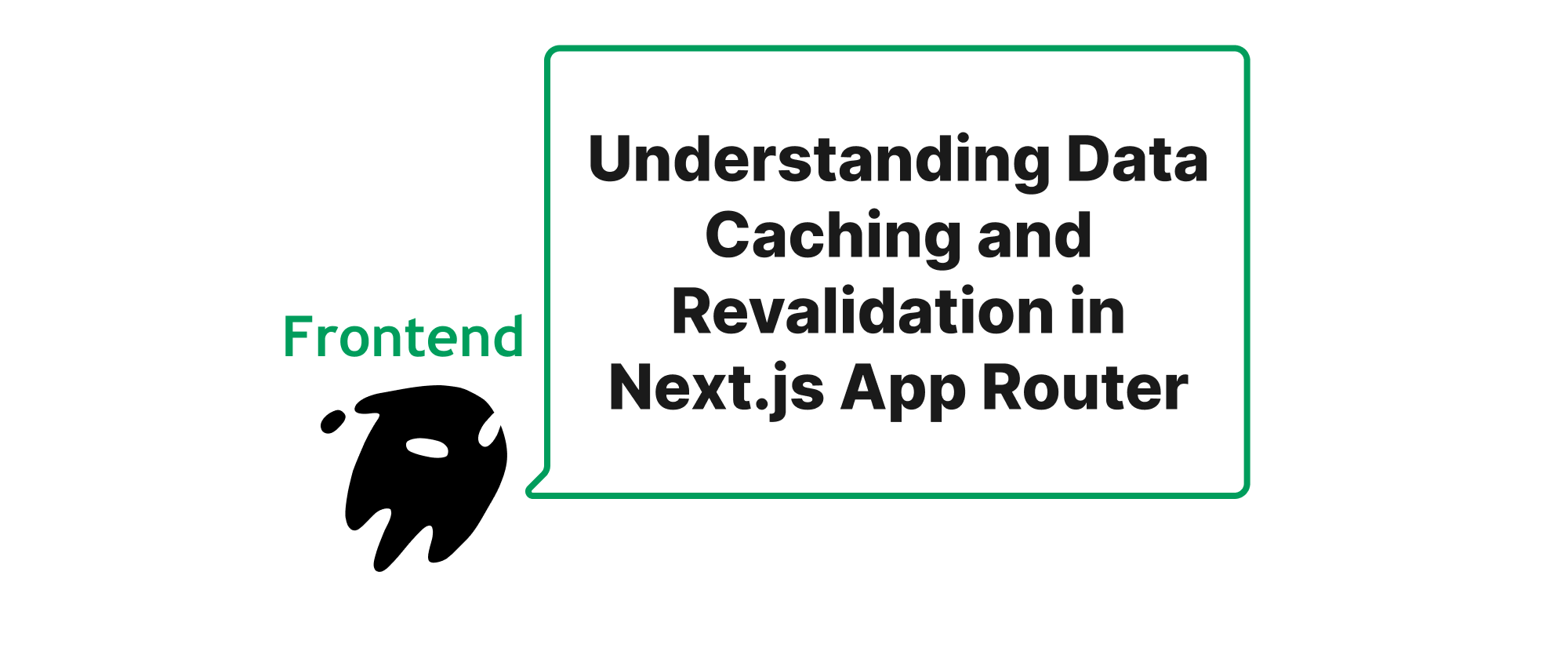
Understanding Data Caching and Revalidation in Next.js App Router
Delving into the mechanisms behind data caching and revalidation strategies in Next.js App Router, and how they impact fetch requests.
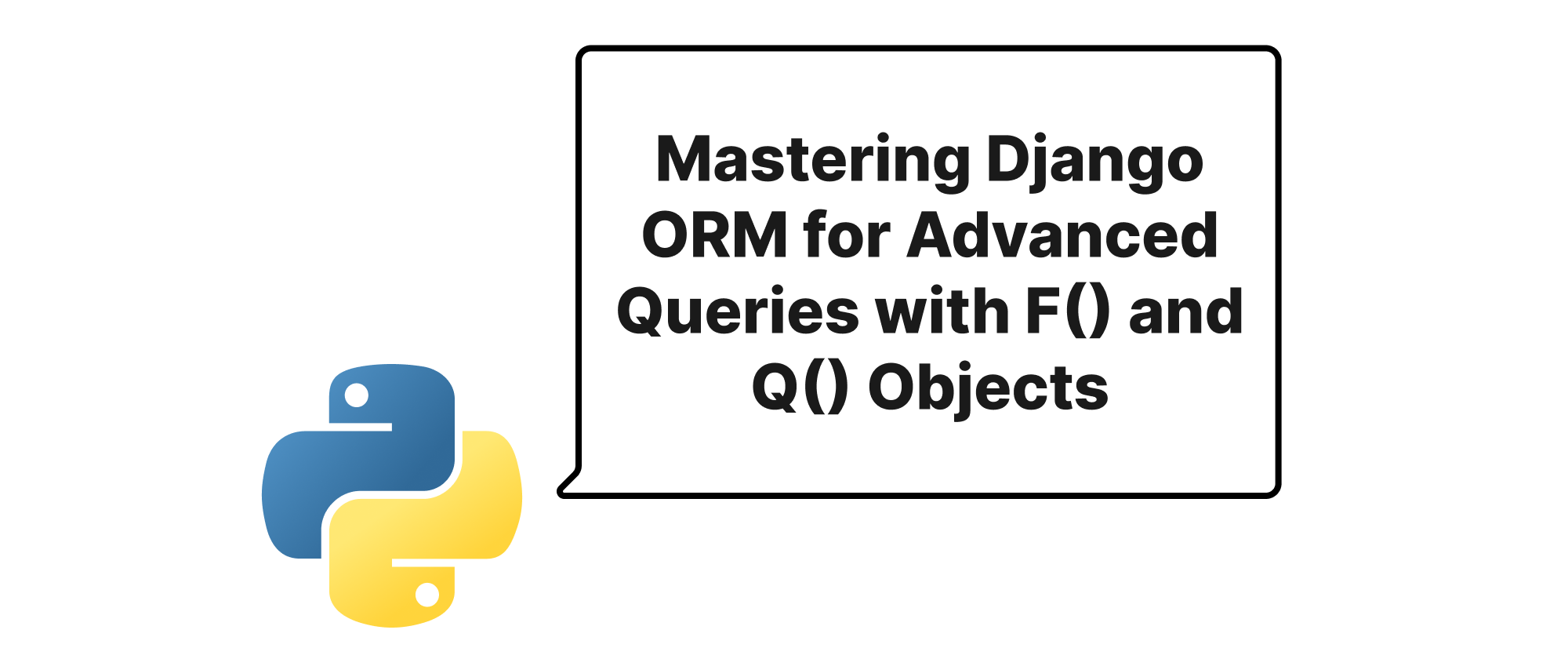
Mastering Django ORM for Advanced Queries with F() and Q() Objects
This article delves into the power of Django's F() expressions and Q() objects, demonstrating how to craft complex, efficient, and race-condition-free database queries in Python.
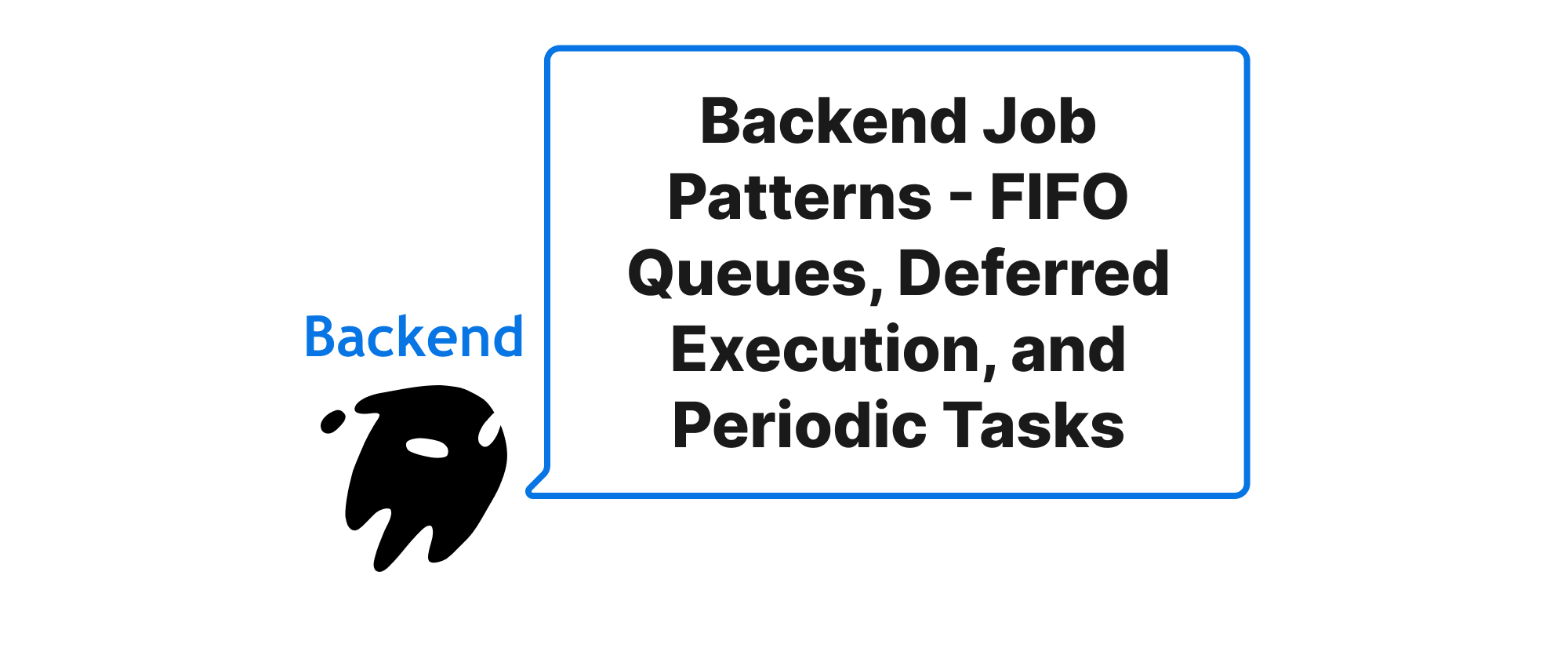
Backend Job Patterns - FIFO Queues, Deferred Execution, and Periodic Tasks
Diving into backend job patterns, this article explores the design and implementation of FIFO queues, deferred execution, and periodic tasks, crucial for building robust and scalable backend systems.
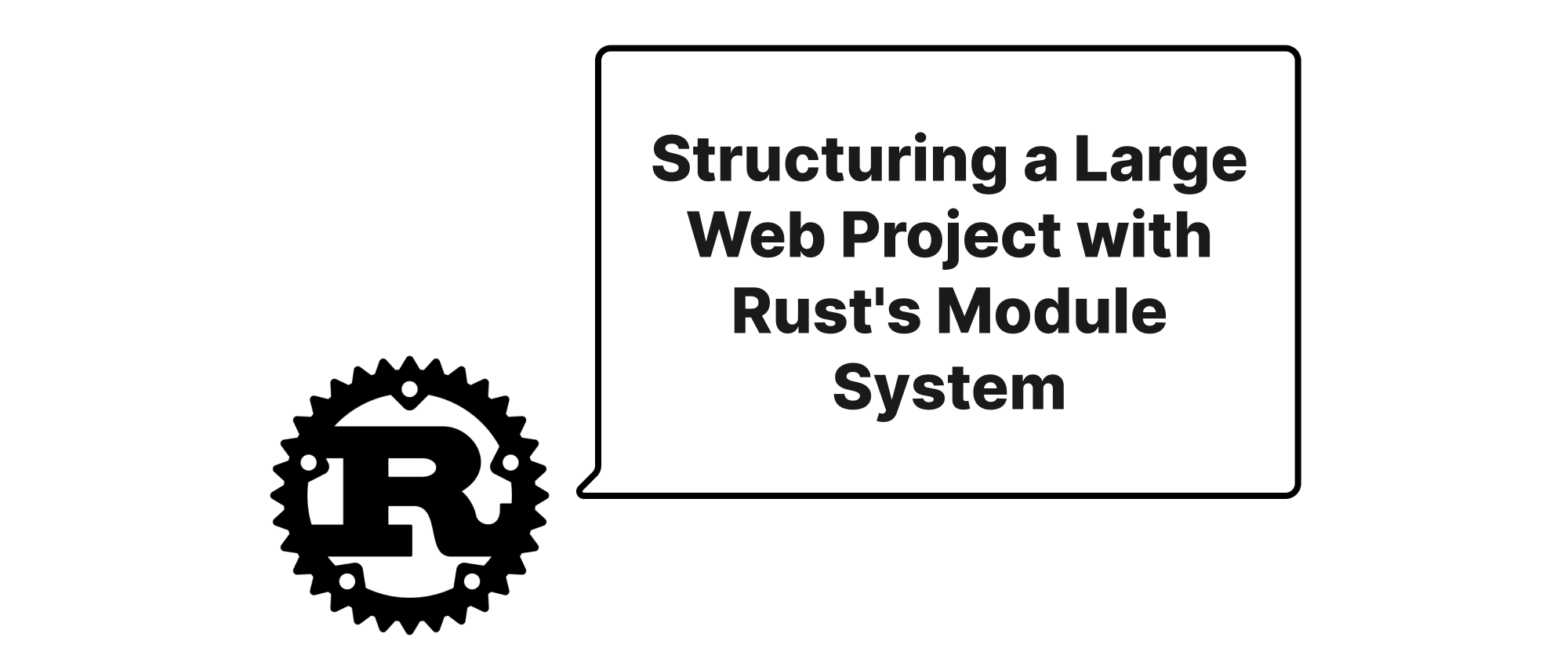
Structuring a Large Web Project with Rust's Module System
Explores practical strategies for organizing substantial Rust web applications using `mod` and `use` keywords, enhancing maintainability and collaboration.
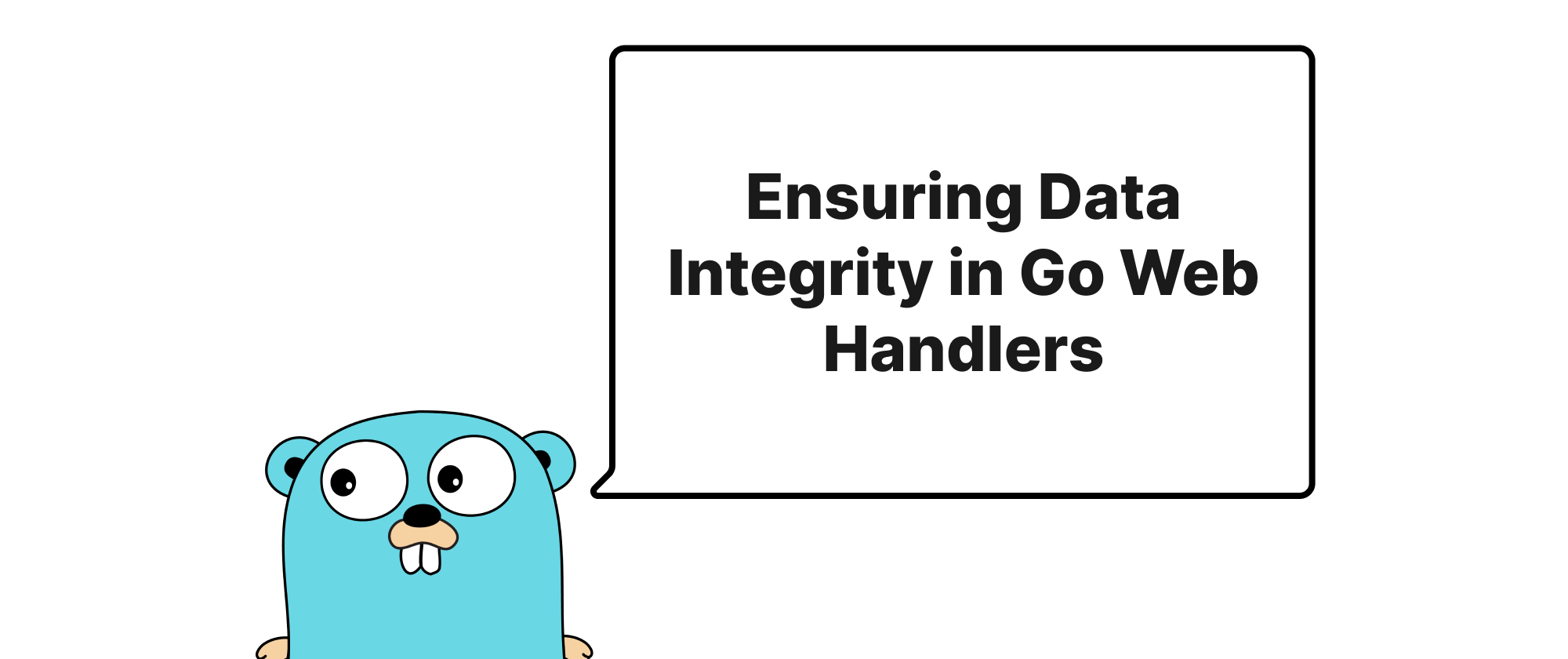
Ensuring Data Integrity in Go Web Handlers
A comprehensive guide to maintaining thread safety for shared data in concurrent Go web applications, explaining core concepts, implementation techniques, and practical examples.
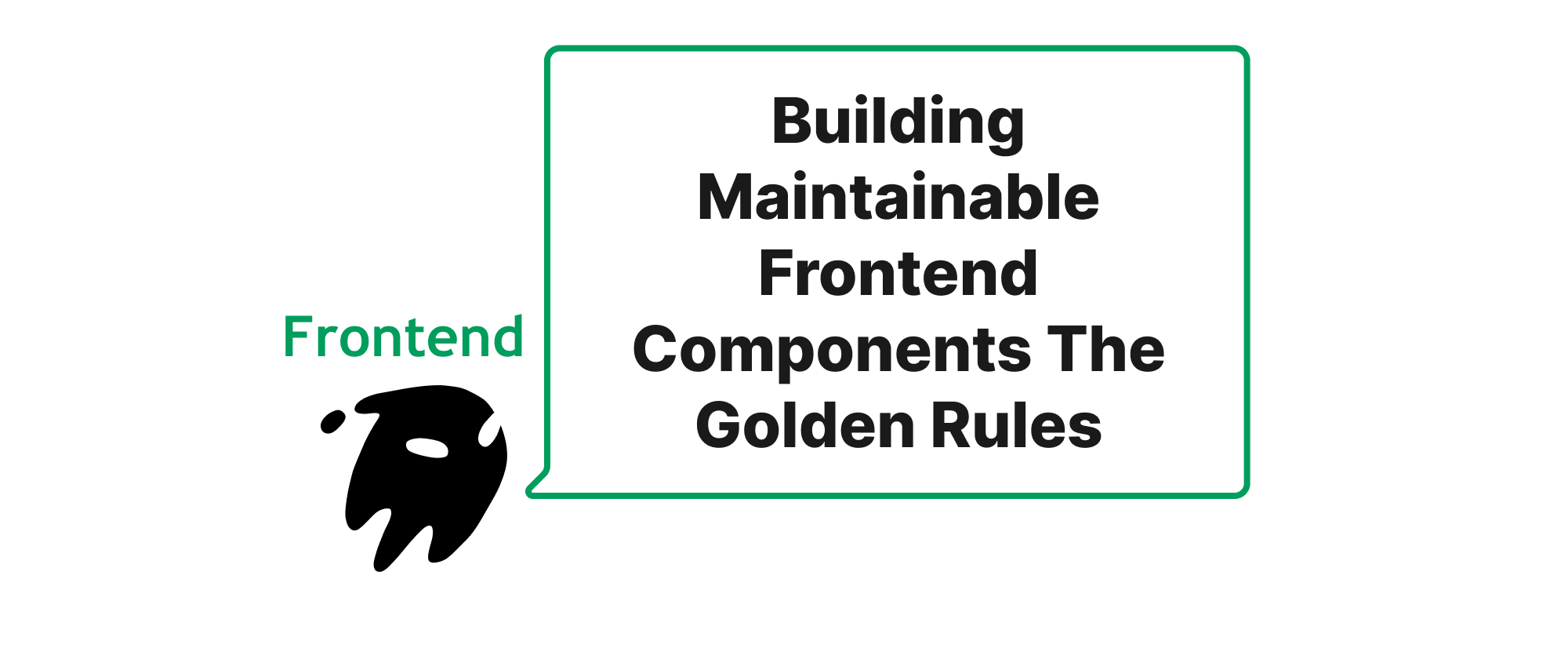
Building Maintainable Frontend Components The Golden Rules
Explore the golden rules for building maintainable frontend components, covering essential concepts, practical examples, and their impact on long-term project health.
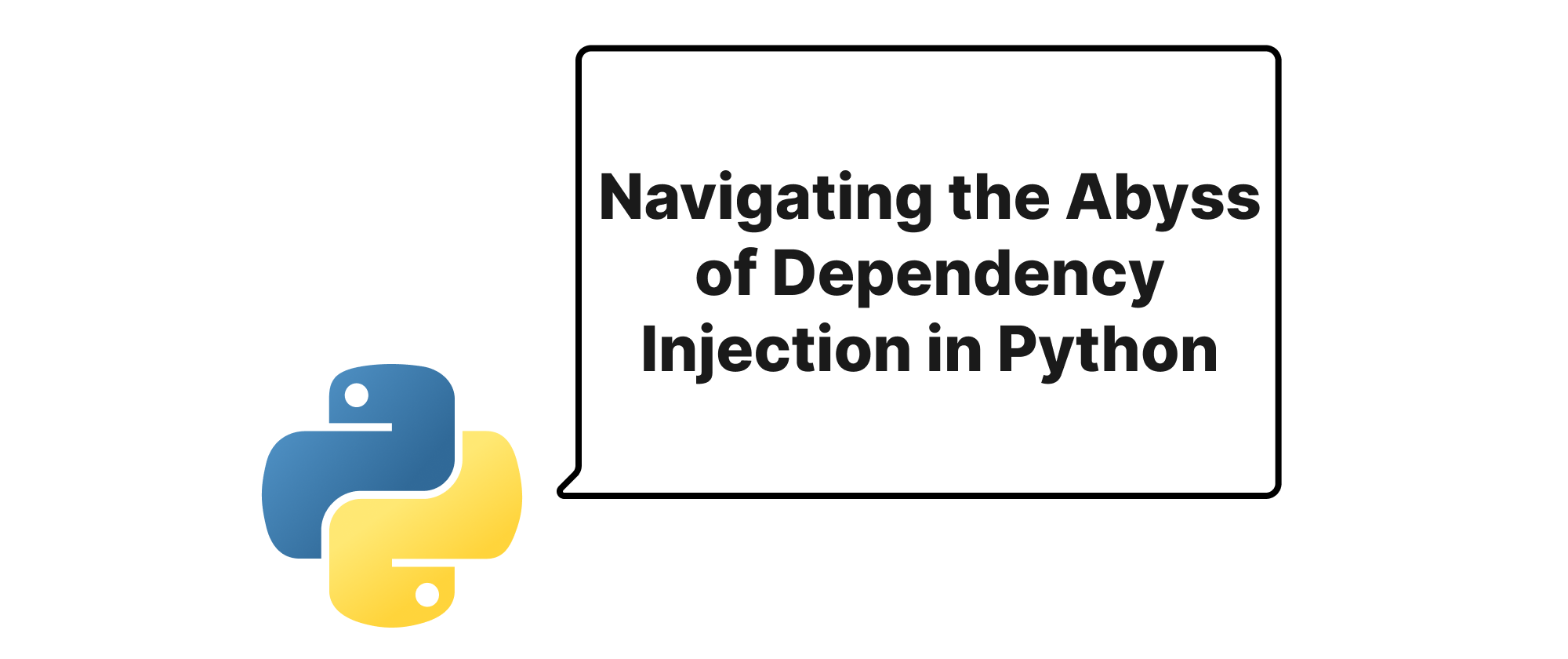
Navigating the Abyss of Dependency Injection in Python
Exploring the pitfalls of excessive dependency injection and offering strategies to avoid creating an untestable "dependency hell" in Python applications.
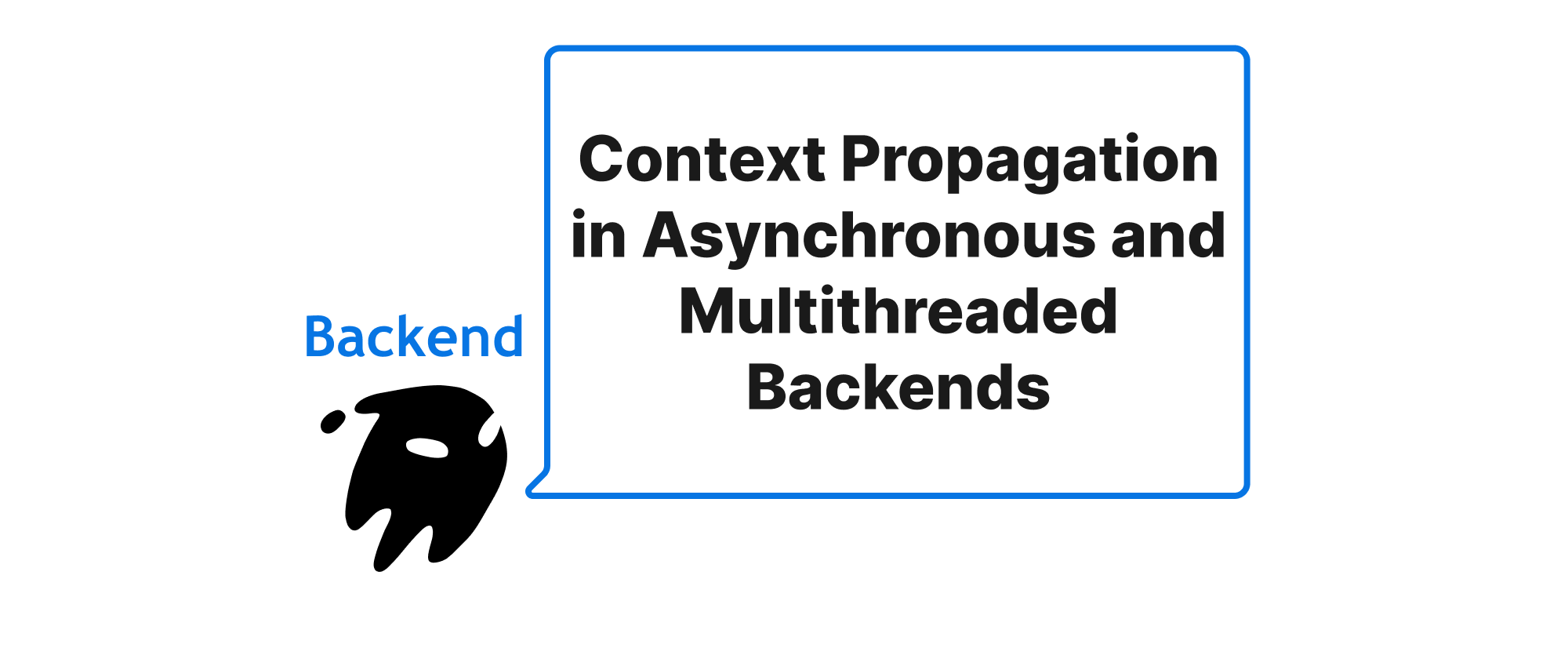
Context Propagation in Asynchronous and Multithreaded Backends
Delve into the challenges and solutions for safely and reliably passing request context, like Trace IDs, across asynchronous and multithreaded operations in backend systems.

Build a Perfect Blog with FastAPI: Tags for Post
This tutorial explains how to add a tagging feature to a FastAPI blog. It covers creating many-to-many data models, implementing backend logic, and updating the UI to create and display tags.
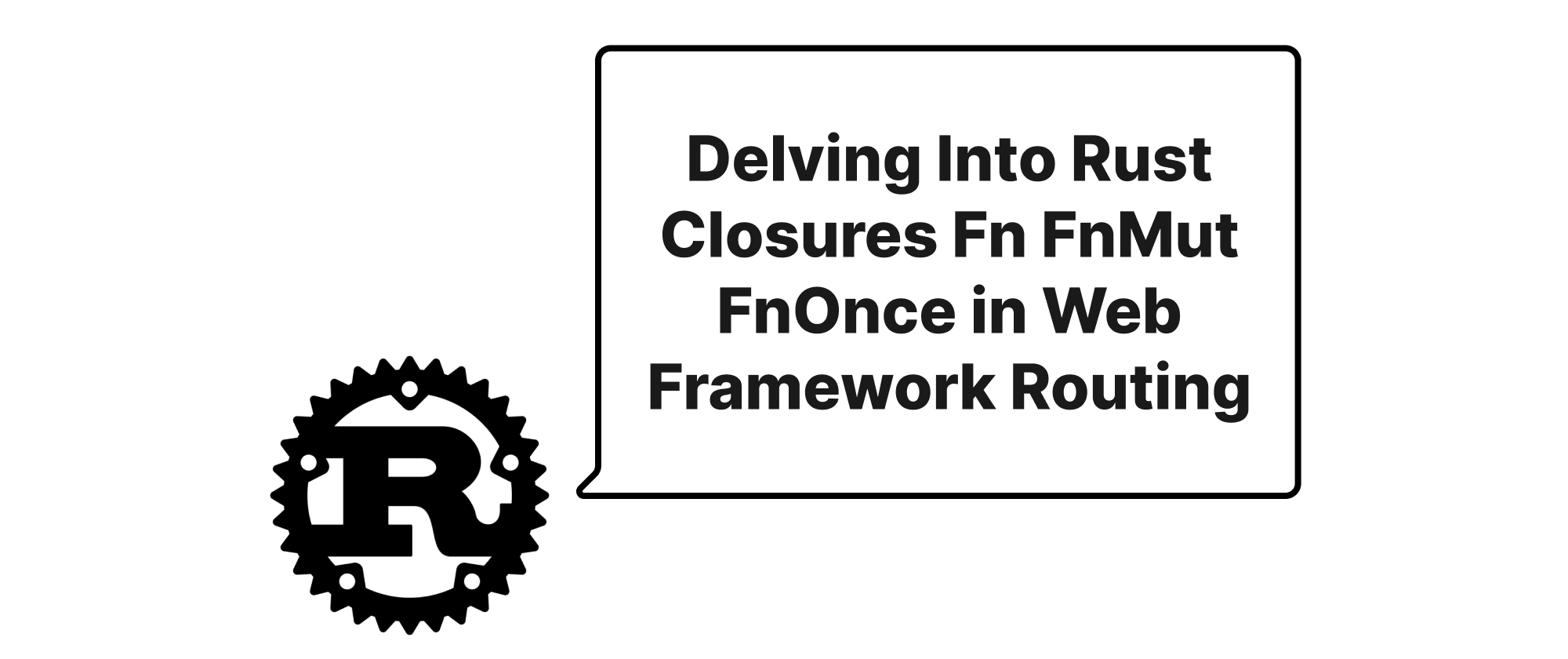
Delving Into Rust Closures Fn FnMut FnOnce in Web Framework Routing
This article explores the practical application of Rust's `Fn`, `FnMut`, and `FnOnce` traits within the context of web framework routing, detailing their characteristics, use cases, and how they contribute to building robust and efficient web services.
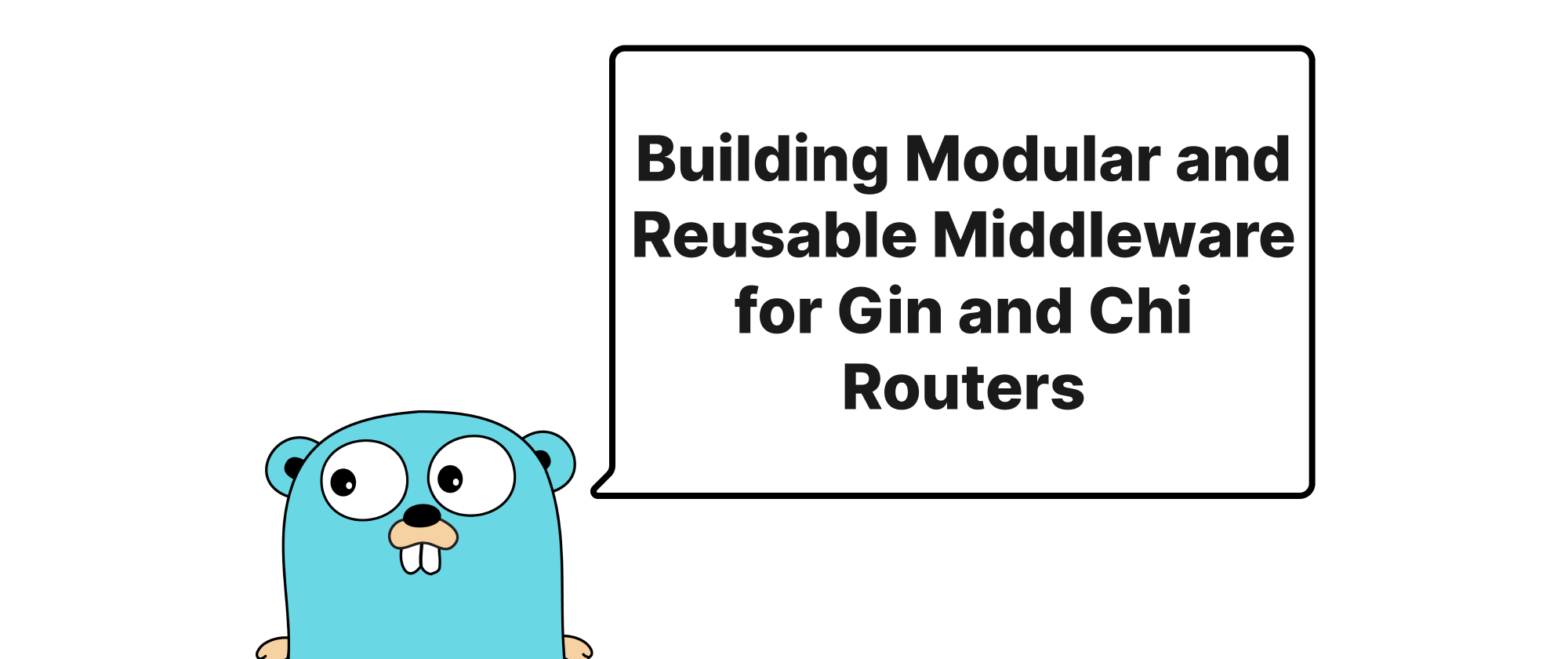
Building Modular and Reusable Middleware for Gin and Chi Routers
This article delves into the best practices for crafting flexible, composable, and reusable middleware in Go, specifically tailored for popular web frameworks like Gin and Chi. It covers core concepts, implementation details, and practical examples to elevate your API development.
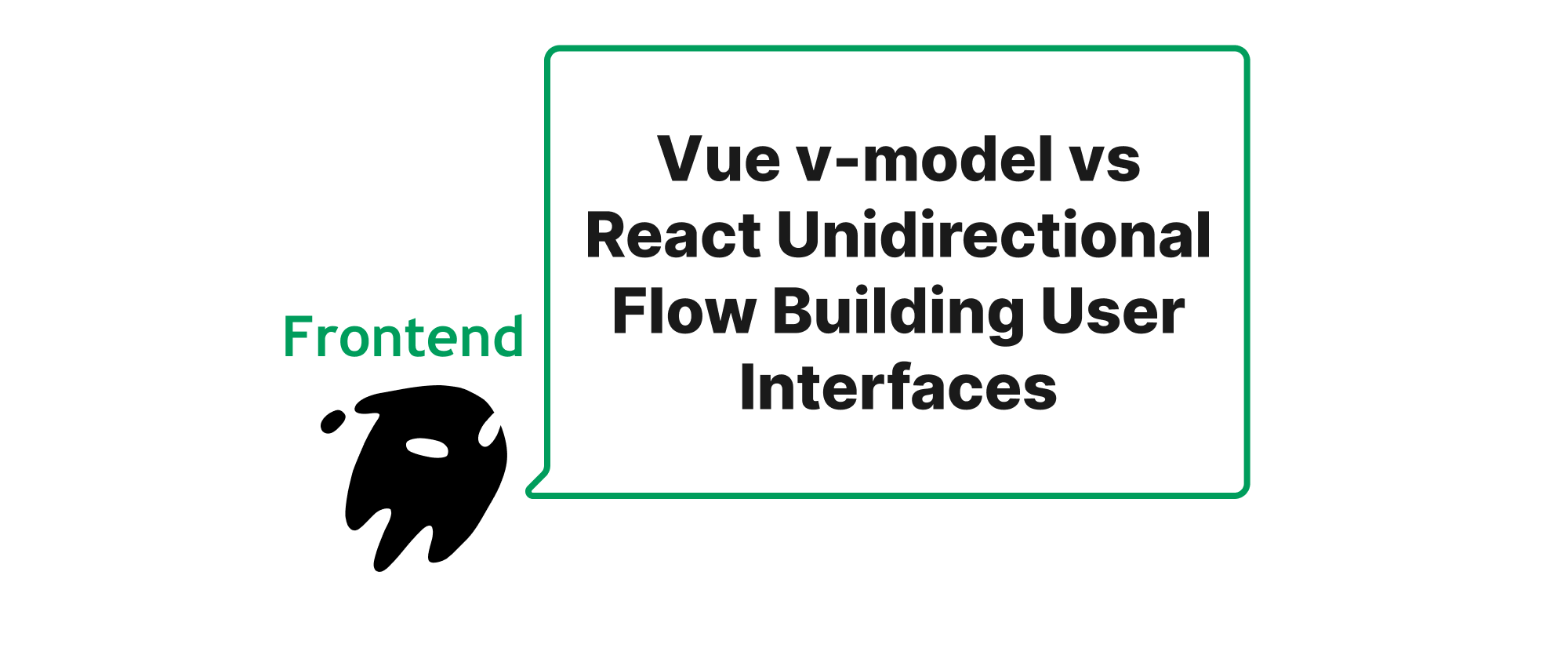
Vue v-model vs React Unidirectional Flow Building User Interfaces
This article delves into the philosophical differences between Vue's v-model for two-way data binding and React's unidirectional data flow, exploring their underlying mechanisms, practical applications, and implications for front-end development.
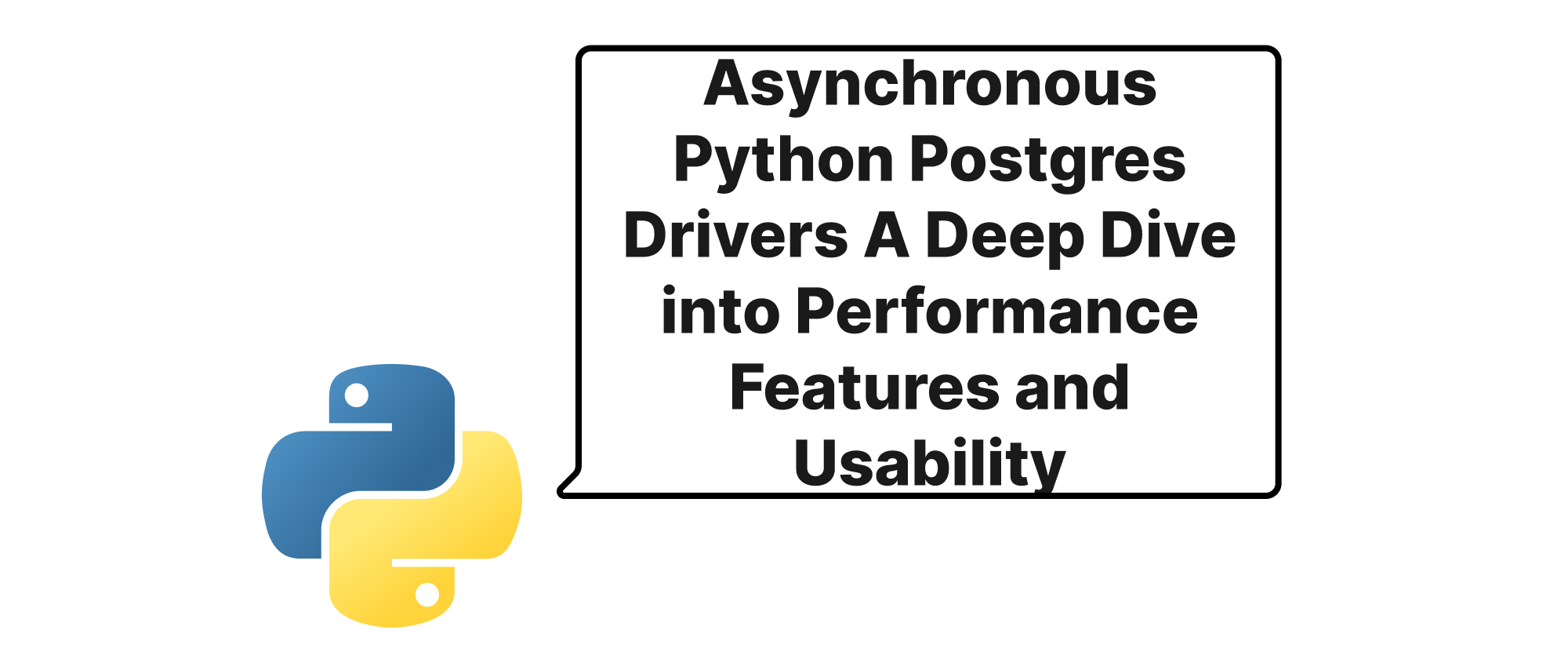
Asynchronous Python Postgres Drivers A Deep Dive into Performance Features and Usability
This article explores the landscape of asynchronous PostgreSQL drivers in Python evaluating their performance features and ease of use to help developers choose the best tool for their projects.
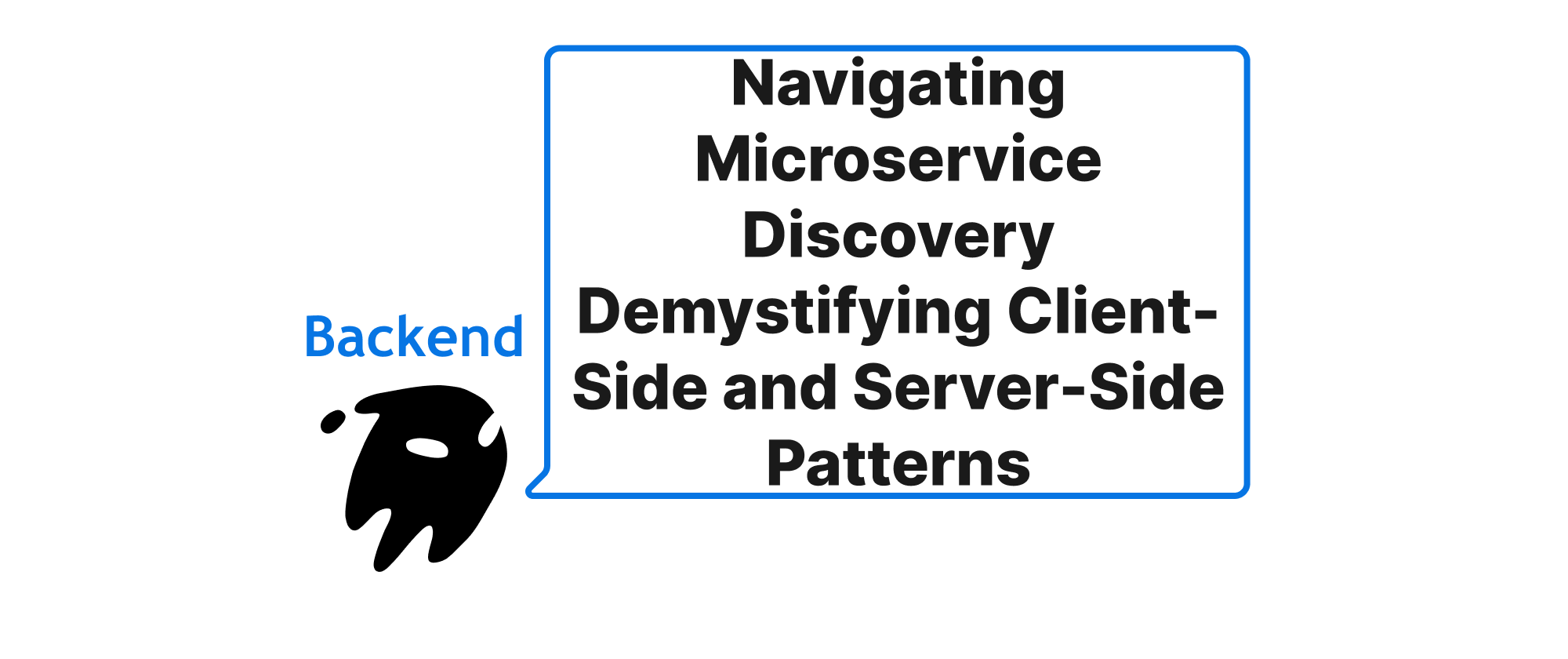
Navigating Microservice Discovery Demystifying Client-Side and Server-Side Patterns
This article delves into the crucial topic of service discovery in microservice architectures, contrasting client-side and server-side patterns to provide a comprehensive understanding of their principles, implementations, and use cases.
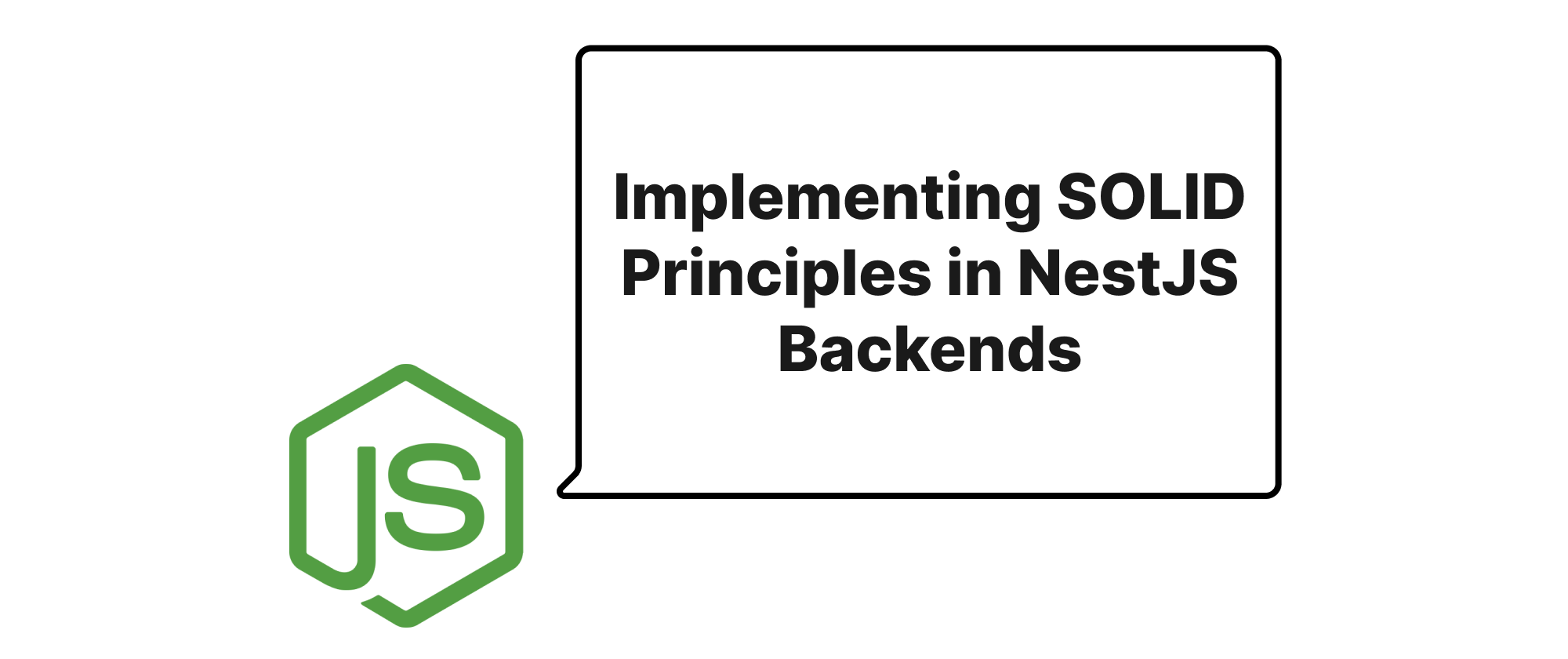
Implementing SOLID Principles in NestJS Backends
This article delves into the practical application of SOLID principles in TypeScript backend development using the NestJS framework, offering clear explanations and code examples.

Build a Perfect Blog with FastAPI: Visitor Analytics
This tutorial explains how to build a backend view counter for a FastAPI blog. It covers creating a database model, implementing a tracking service, and displaying post view counts.
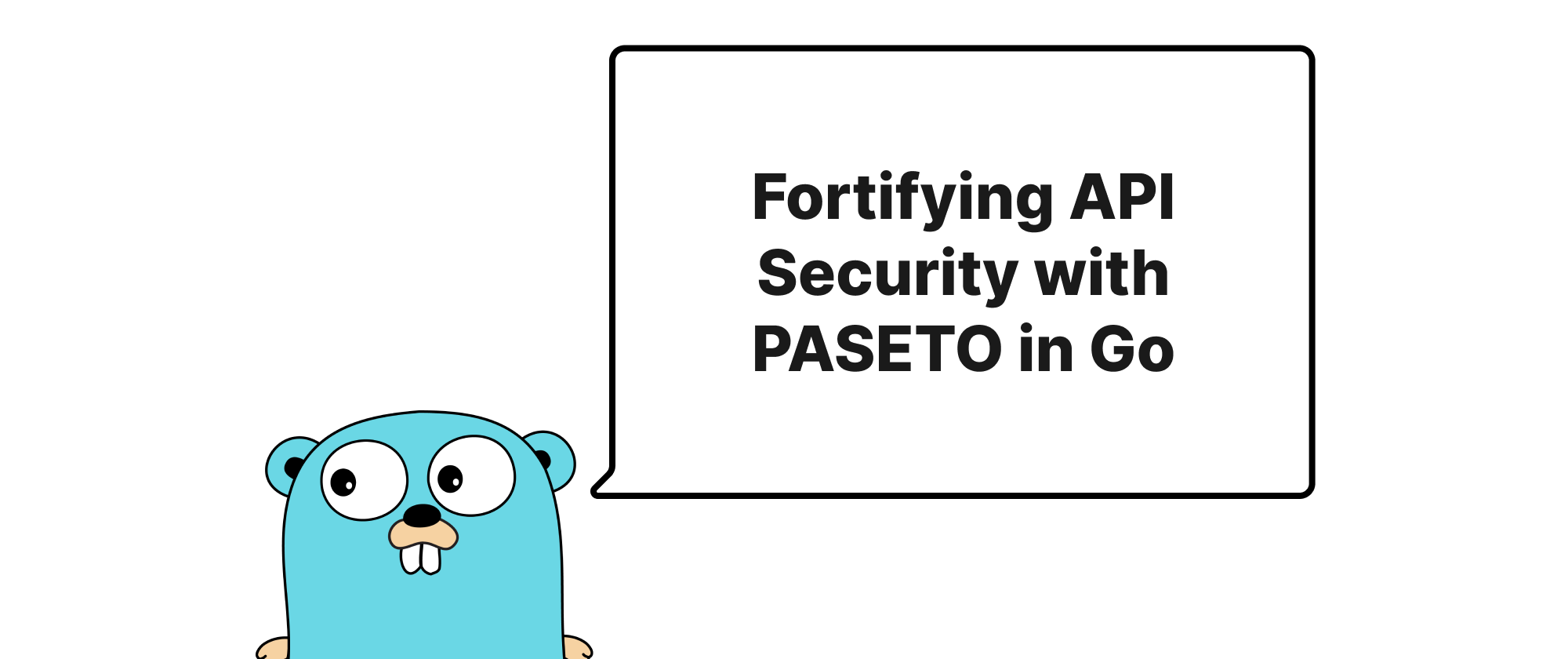
Fortifying API Security with PASETO in Go
Exploring PASETO as a robust alternative to JWT for API authentication in Go applications, focusing on its enhanced security features and practical implementation.
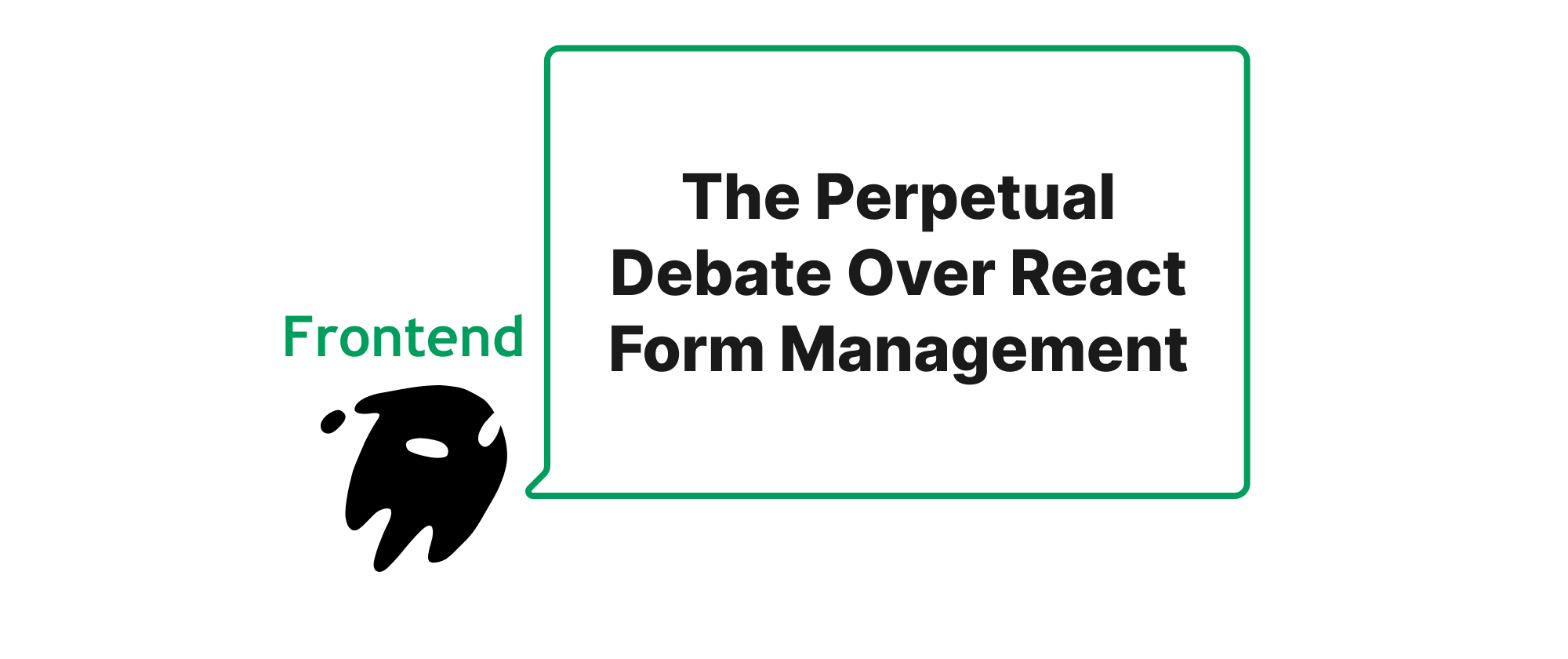
The Perpetual Debate Over React Form Management
Exploring the trade-offs between controlled and uncontrolled components in React forms using useState and useRef.
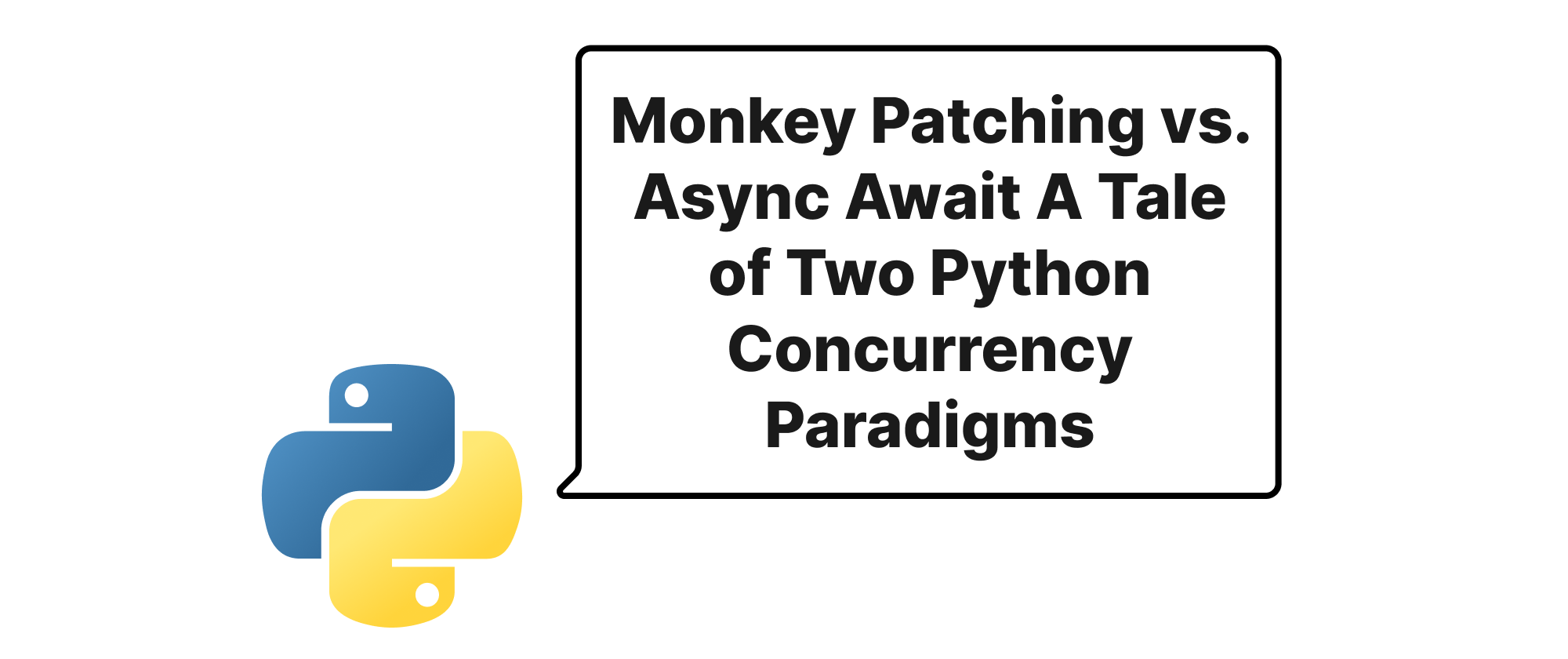
Monkey Patching vs. Async Await A Tale of Two Python Concurrency Paradigms
This article delves into two distinct approaches to concurrency in Python – the often controversial monkey patching and the modern async/await paradigm – comparing their principles, implementations, and ideal use cases.

Build a Perfect Blog with FastAPI: Full-Text Search for Posts
This tutorial explains how to add a powerful full-text search feature to a FastAPI blog using PostgreSQL's built-in FTS, covering database setup, creating the search API, and frontend integration.
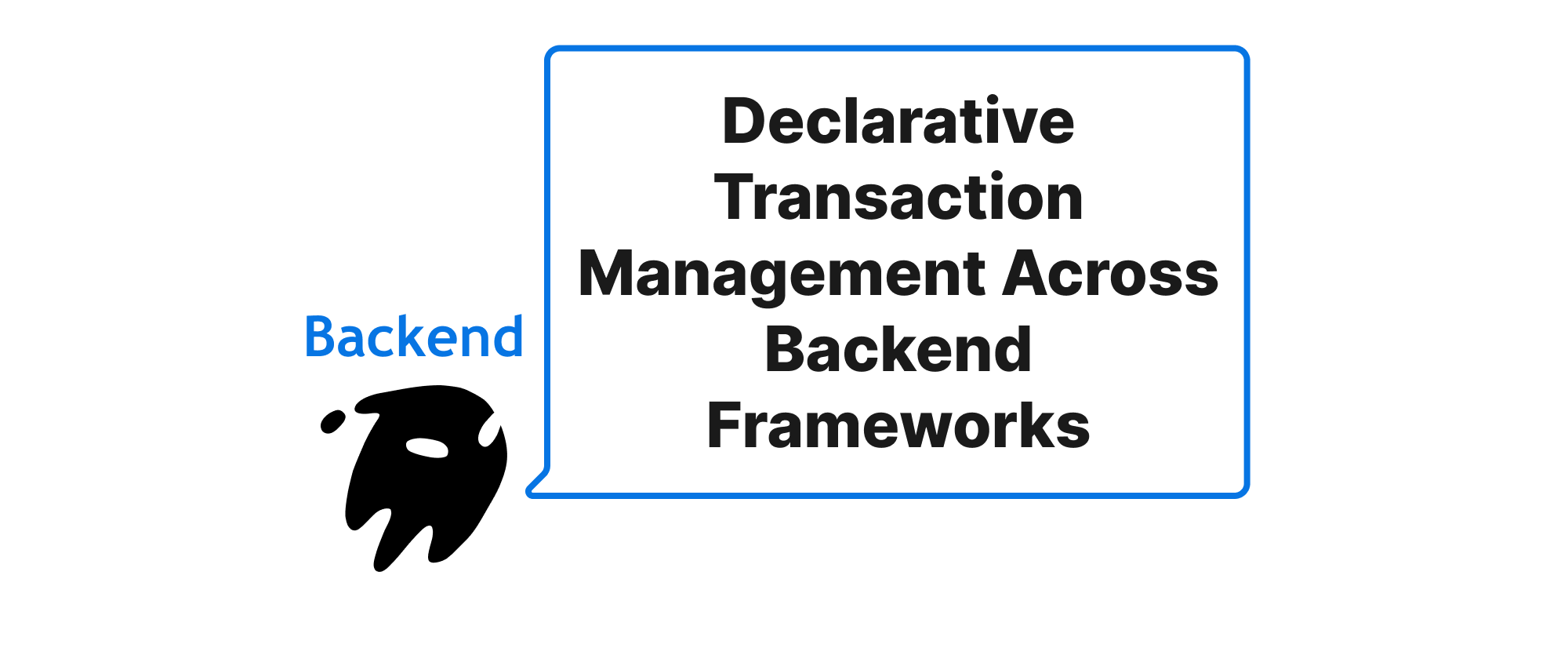
Declarative Transaction Management Across Backend Frameworks
Exploring how Spring, ASP.NET Core, and EJB implement declarative transaction management, highlighting their approaches and underlying mechanisms.
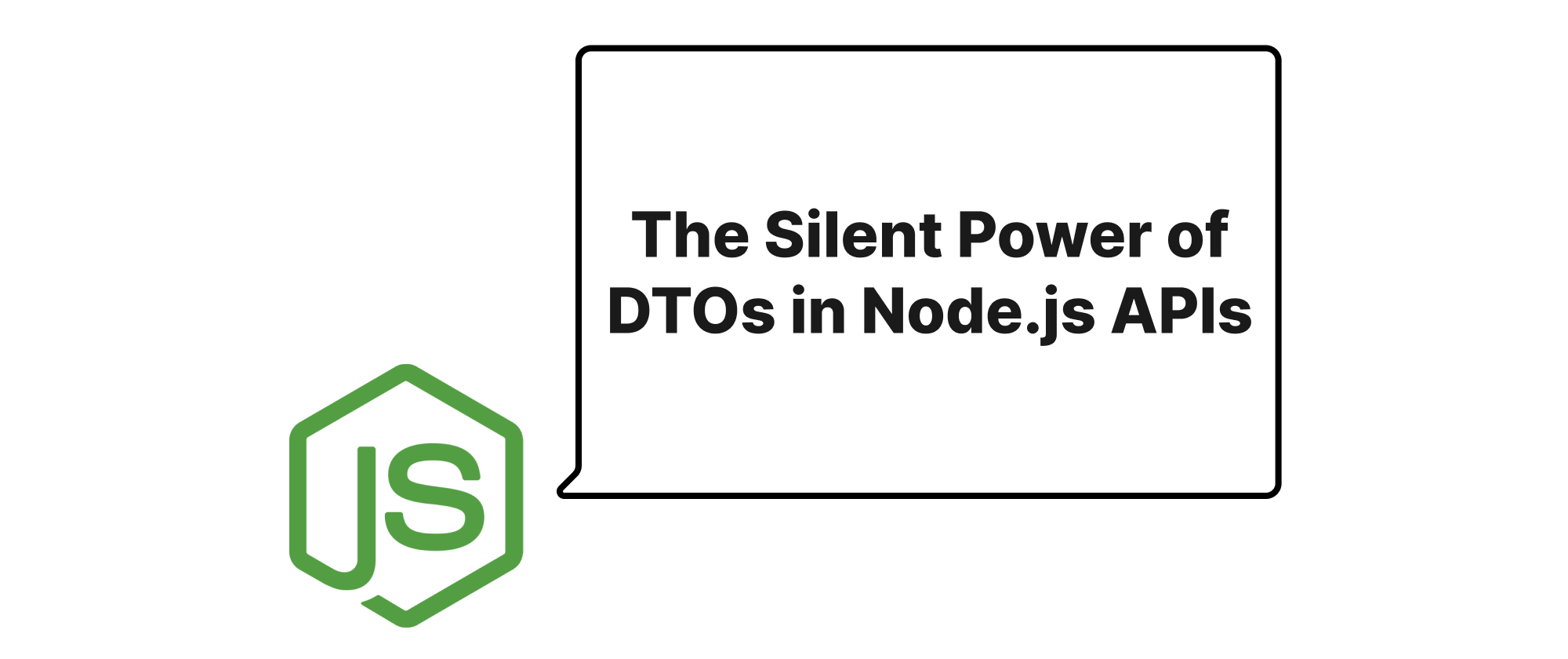
The Silent Power of DTOs in Node.js APIs
Explore how Data Transfer Objects (DTOs) significantly improve the separation of concerns and maintainability in Node.js APIs by isolating business logic from data models.
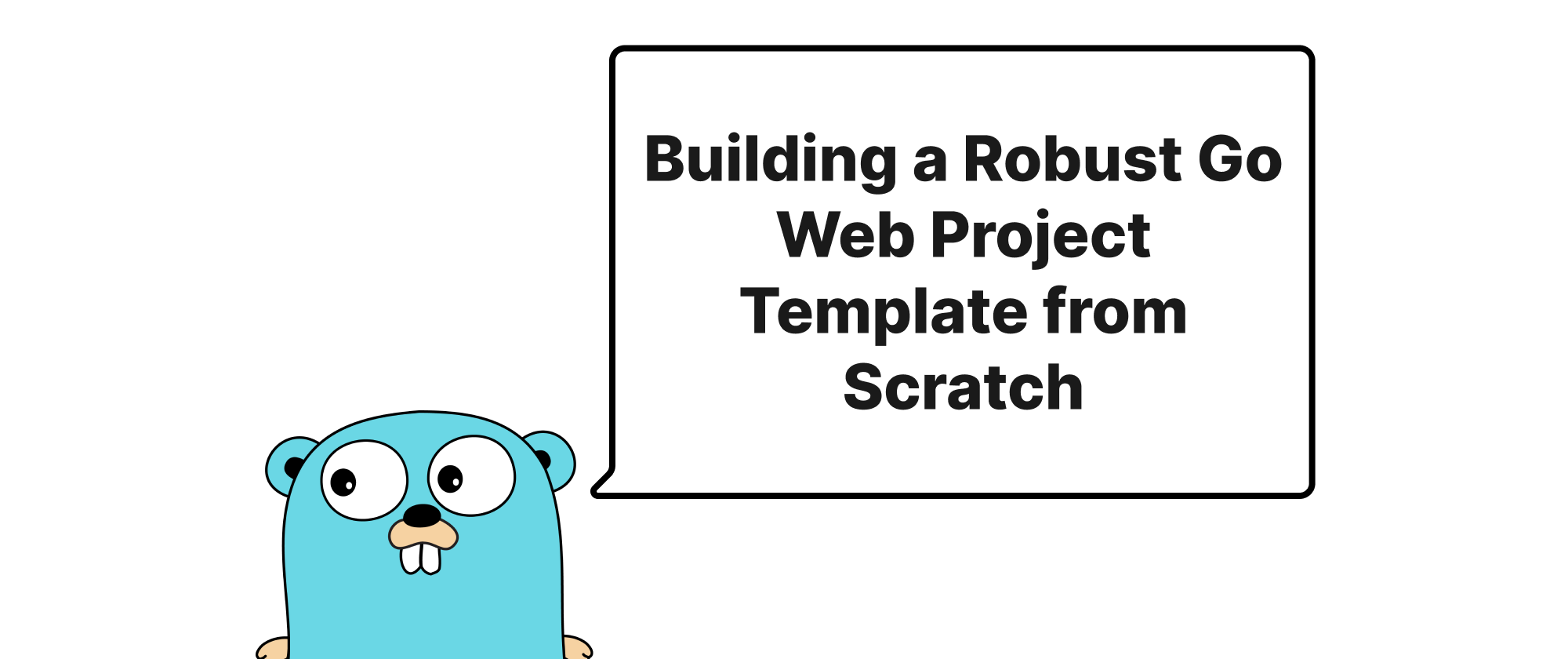
Building a Robust Go Web Project Template from Scratch
This article guides you through creating a foundational Go web project template, incorporating best practices for configuration, logging, and a well-defined directory structure to kickstart your web development.
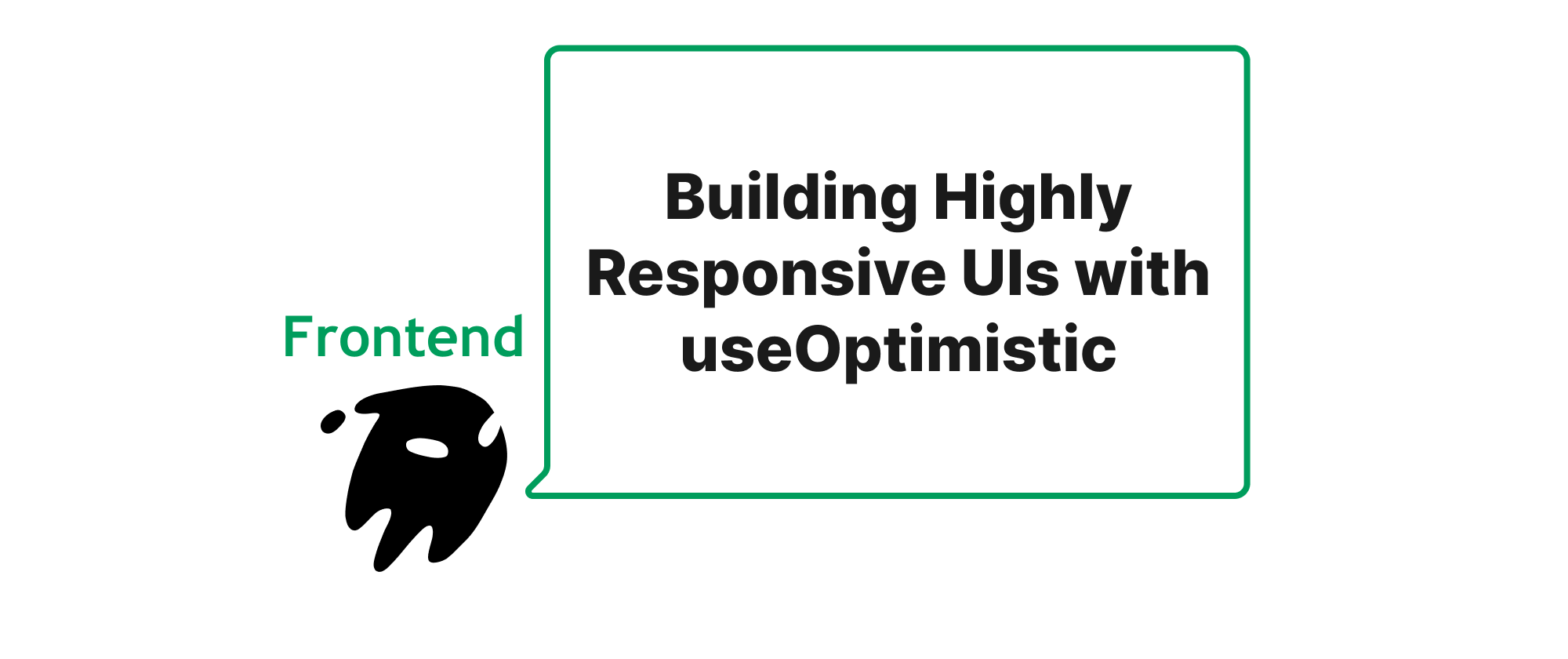
Building Highly Responsive UIs with useOptimistic
Explore the `useOptimistic` hook for creating instant, optimistic updates in React applications, improving user experience by reducing perceived latency.

Understanding Flask's Global Store g and its Relationship with Request Context
This article delves into Flask's `g` global object, explaining its purpose, how it differs from the request context, and providing practical examples for its effective use in web applications.
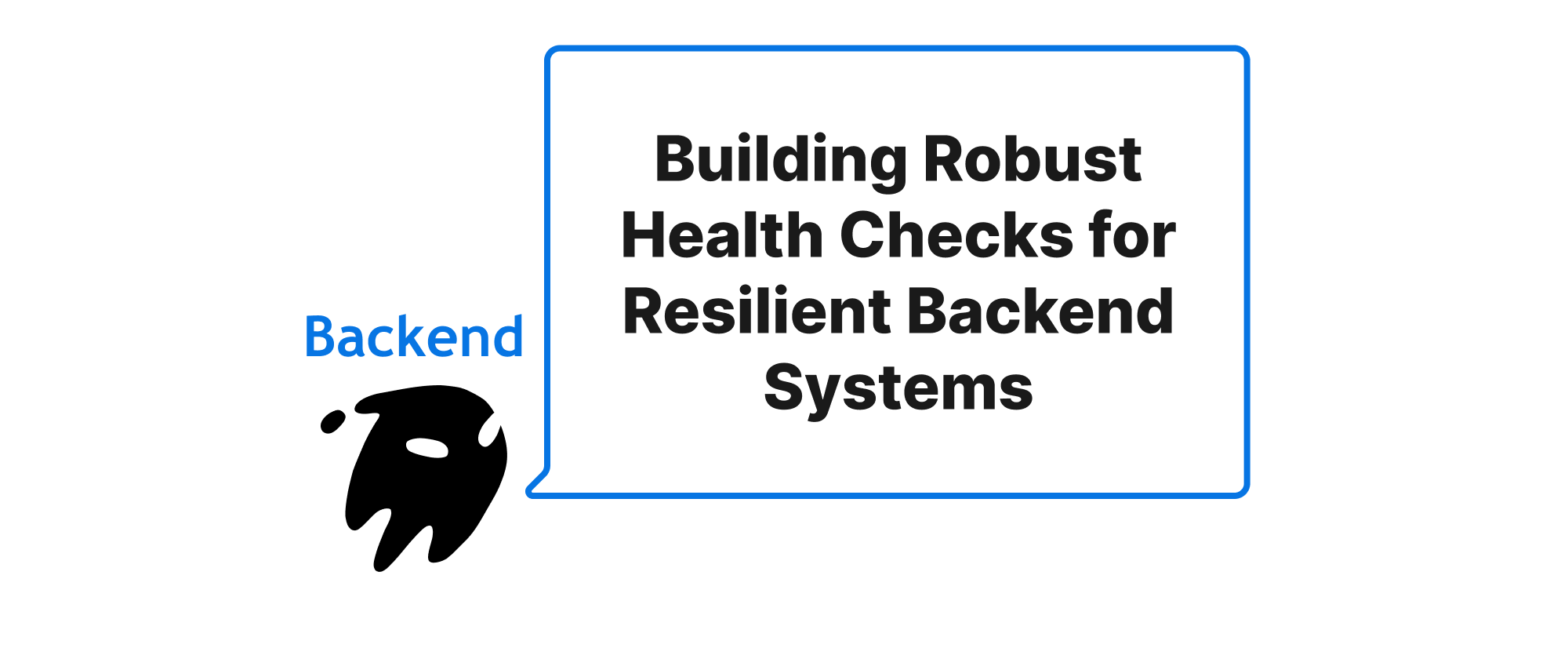
Building Robust Health Checks for Resilient Backend Systems
This article delves into the crucial role of health checks in backend development, demonstrating how to implement comprehensive health checks for databases, caches, and downstream services to ensure system availability and reliability.
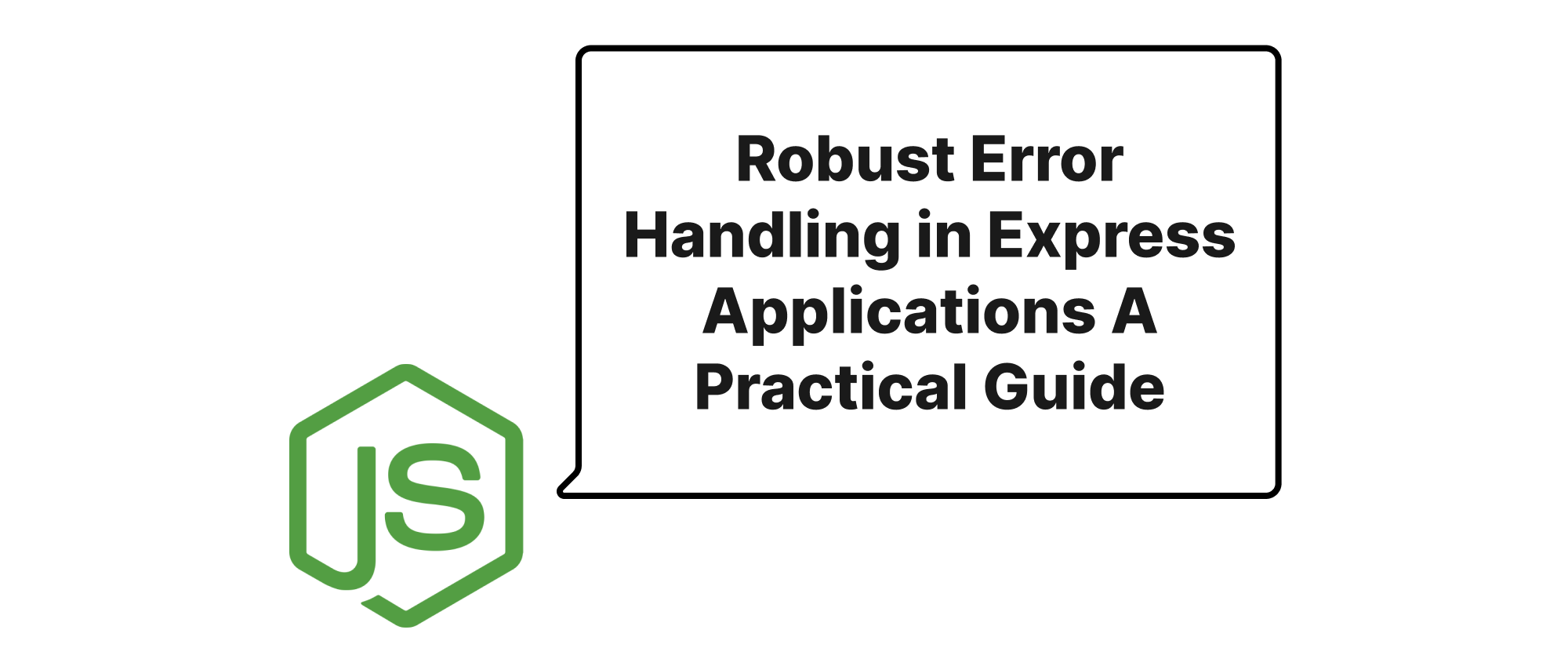
Robust Error Handling in Express Applications A Practical Guide
Explore best practices for error handling in Express.js applications, covering try-catch, Promise.catch(), and global error middleware for robust and maintainable code.
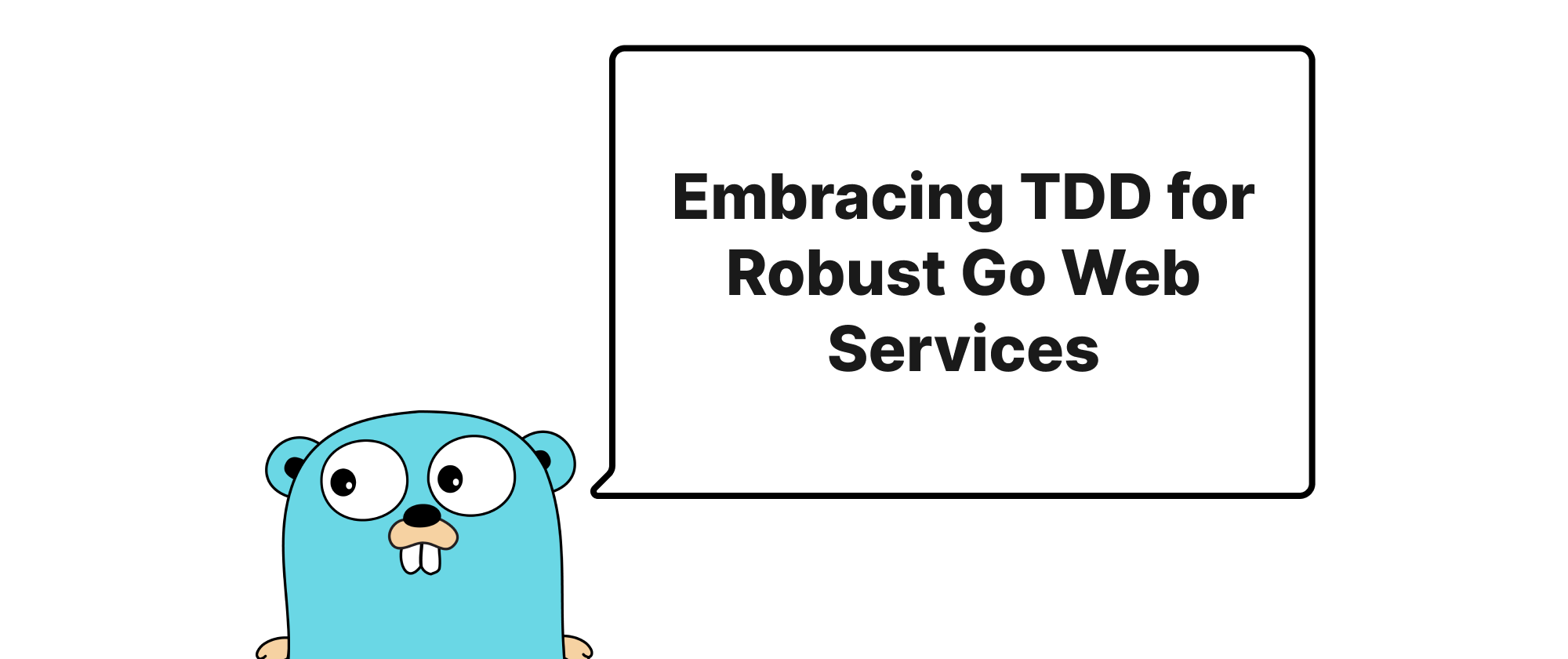
Embracing TDD for Robust Go Web Services
This article explores the practical implementation of Test-Driven Development (TDD) in Go web application development, emphasizing its benefits for code quality, maintainability, and developer confidence. We'll delve into core TDD principles, demonstrate its application with Go examples, and discuss its impact on building resilient web services.

Build a Perfect Blog with FastAPI: Upload Image
This tutorial explains how to add an image upload feature to a FastAPI blog using S3-compatible object storage, the frontend FilePicker API, and Markdown rendering for richer visual content.
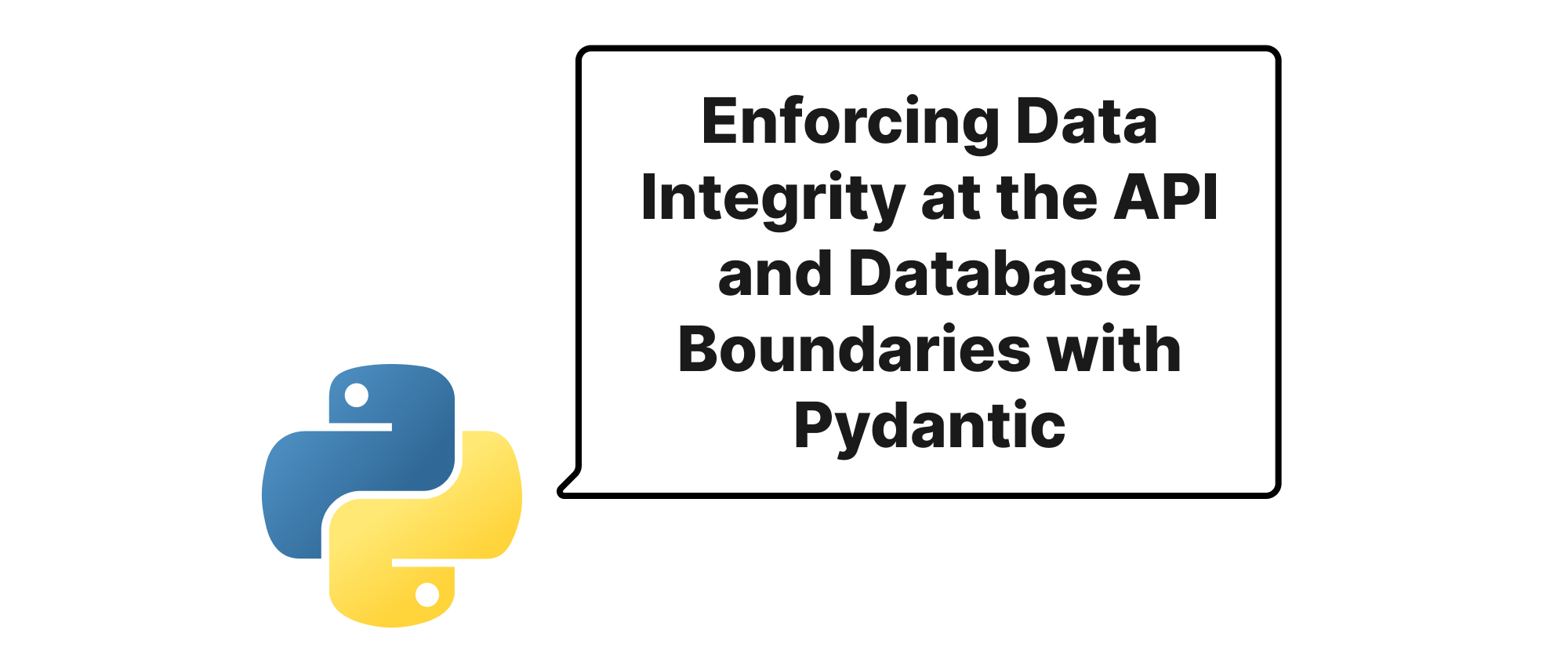
Enforcing Data Integrity at the API and Database Boundaries with Pydantic
This article explores how to leverage Pydantic for robust data validation at the entry points (APIs) and exit points (databases) of Python applications, ensuring data consistency and reliability.
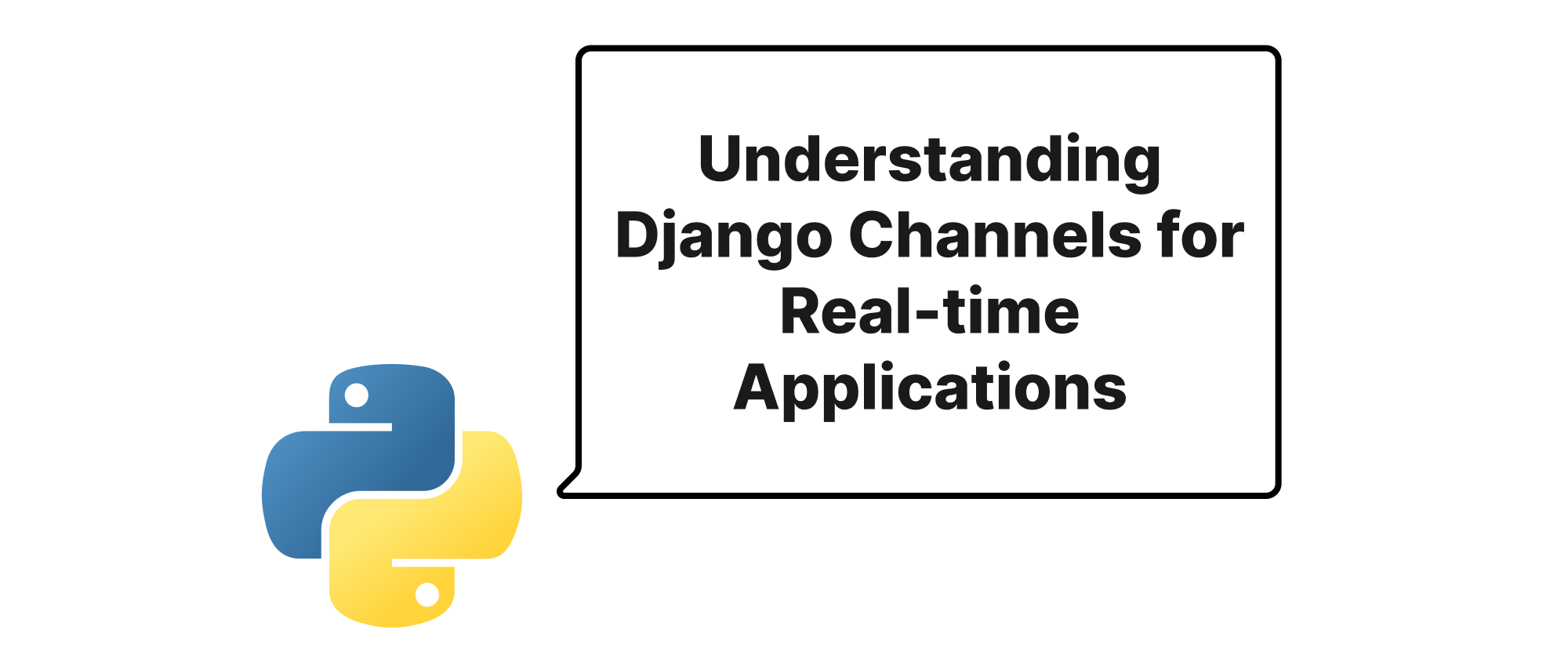
Understanding Django Channels for Real-time Applications
A comprehensive look into how consumers, groups, and channel layers with Redis enable real-time communication in Django applications.
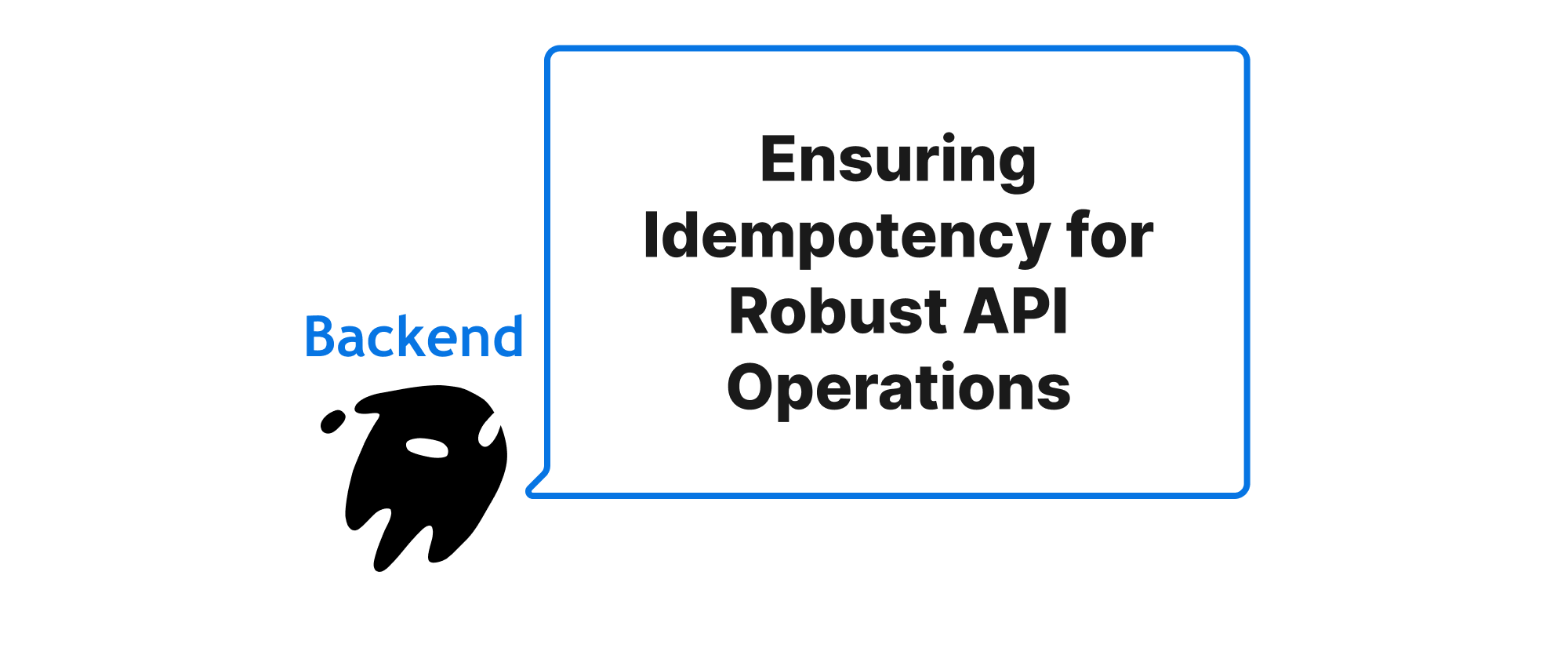
Ensuring Idempotency for Robust API Operations
Understanding idempotent keys for safe POST/PATCH retries in backend systems.
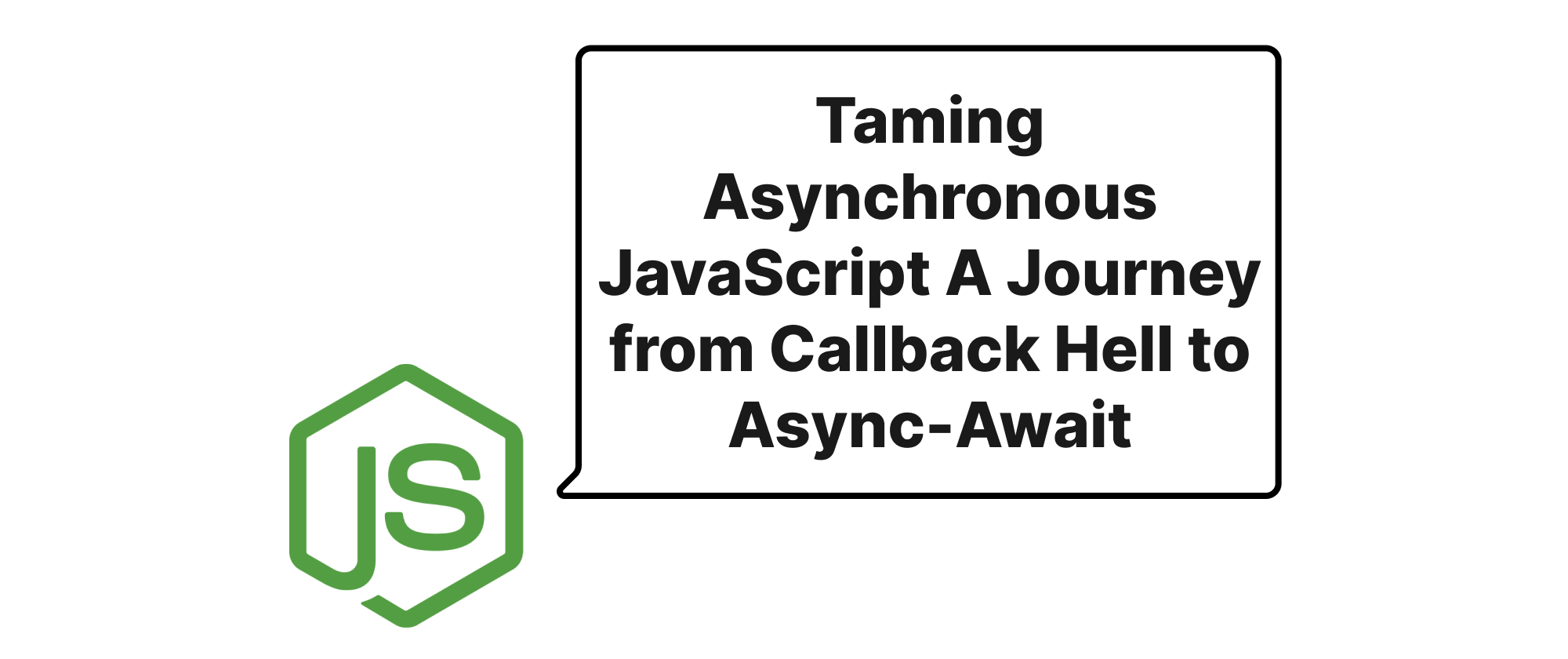
Taming Asynchronous JavaScript A Journey from Callback Hell to Async-Await
This article delves into the evolution of asynchronous JavaScript programming, explaining the pitfalls of callback-based approaches and demonstrating how Promises and async/await offer cleaner, more maintainable solutions through practical examples.
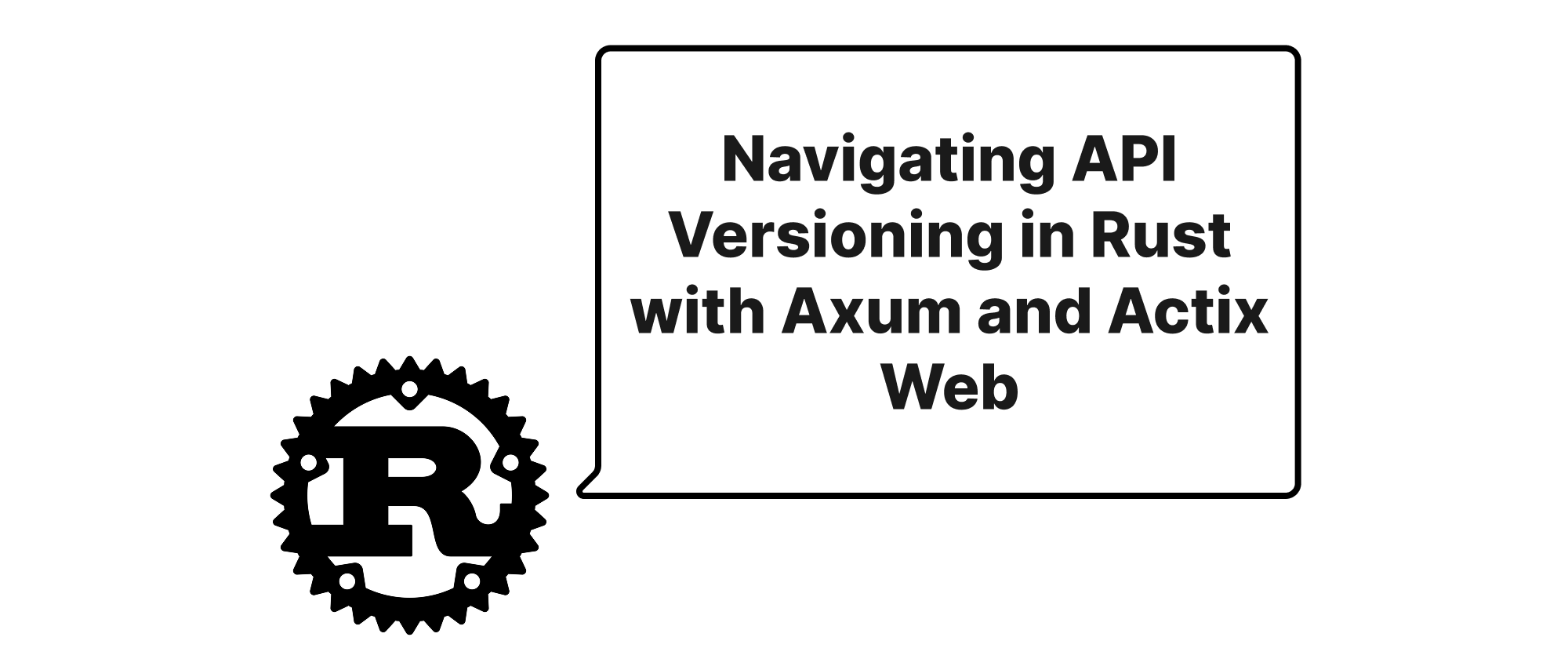
Navigating API Versioning in Rust with Axum and Actix Web
Exploring URL path and Accept header strategies for API versioning in Rust web frameworks, comparing their implementation and use cases.

Build a Perfect Blog with FastAPI: Reply Comment
This tutorial explains how to add nested replies to a FastAPI blog's comment system by updating the data model, adjusting backend services, and using JavaScript to create a dynamic, threaded view.
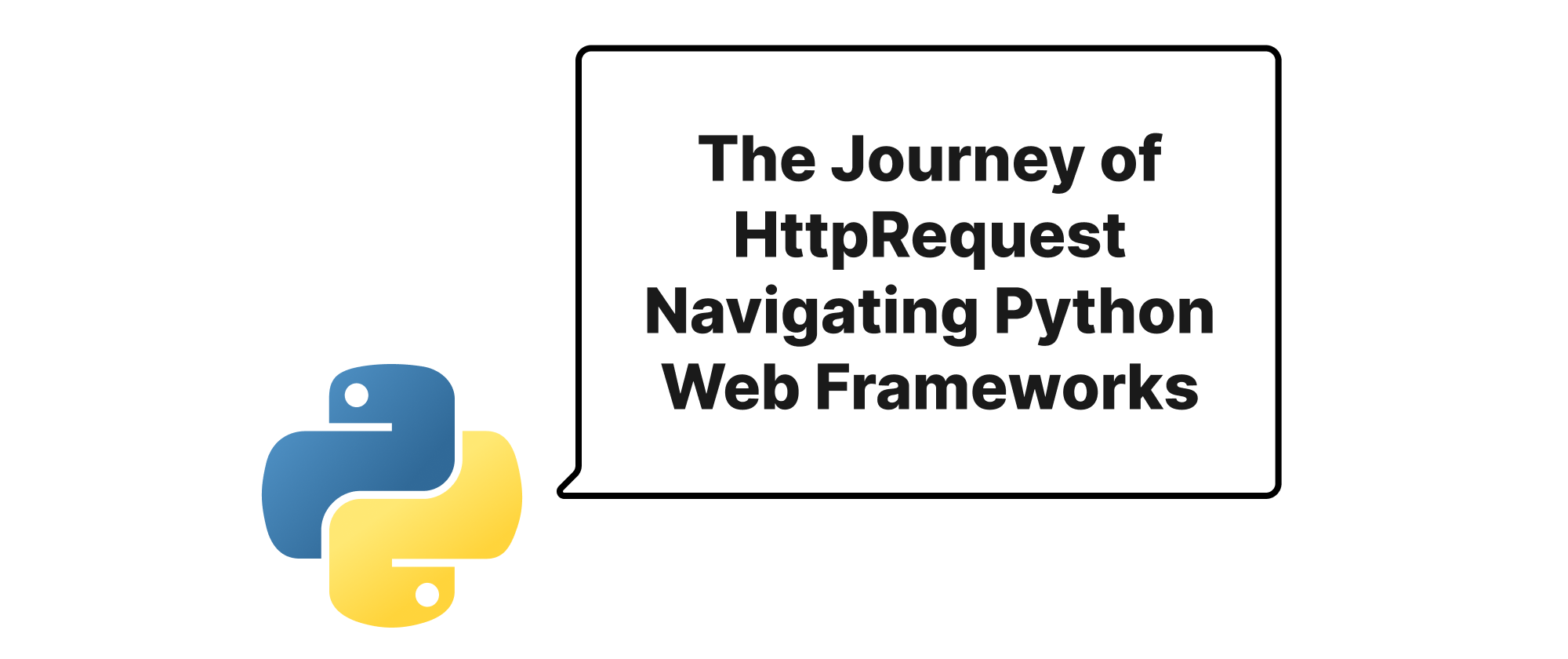
The Journey of HttpRequest Navigating Python Web Frameworks
Explore how the HttpRequest object is meticulously crafted by middleware and seamlessly passed between views in Python web applications, uncovering its fundamental role in request processing.
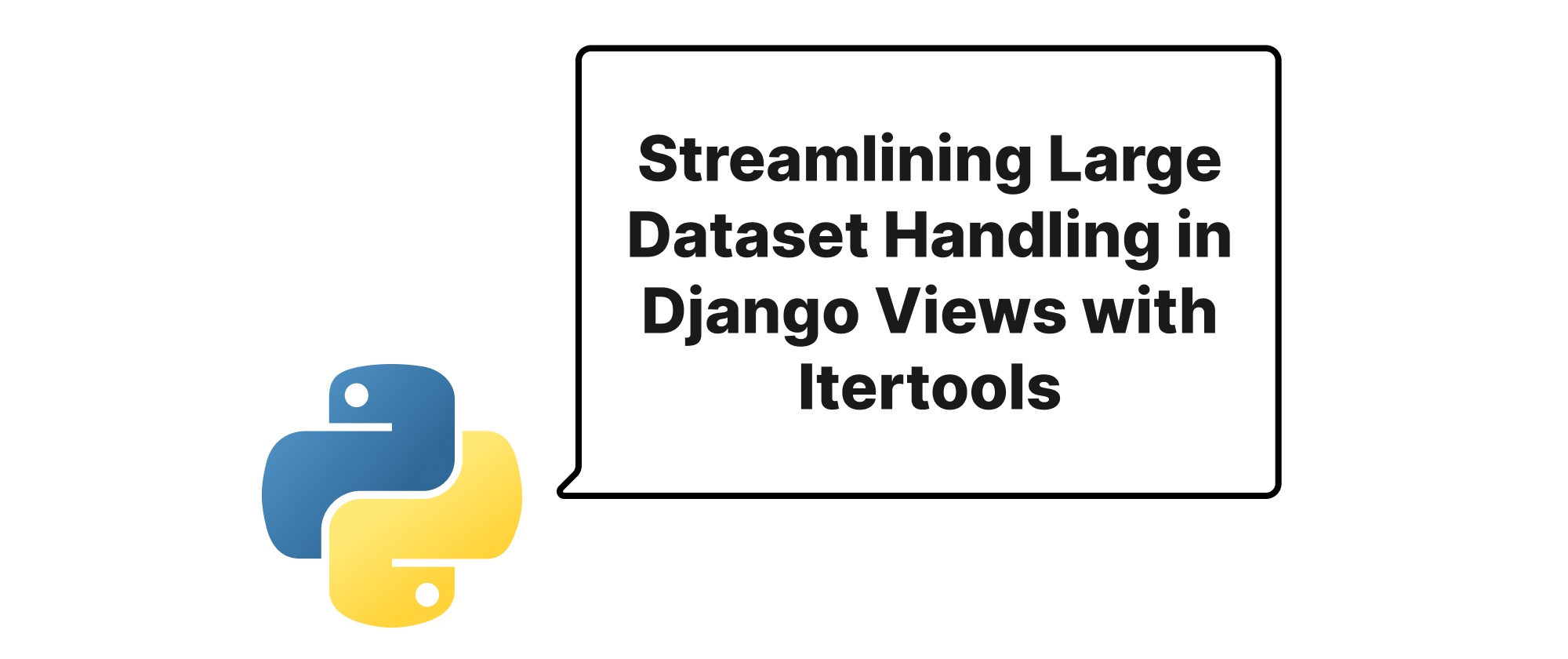
Streamlining Large Dataset Handling in Django Views with Itertools
Explore how Python's itertools module can be leveraged within Django views to efficiently stream and process large datasets, preventing memory issues and enhancing performance.
